These Days, It Only Goes Down in the DM
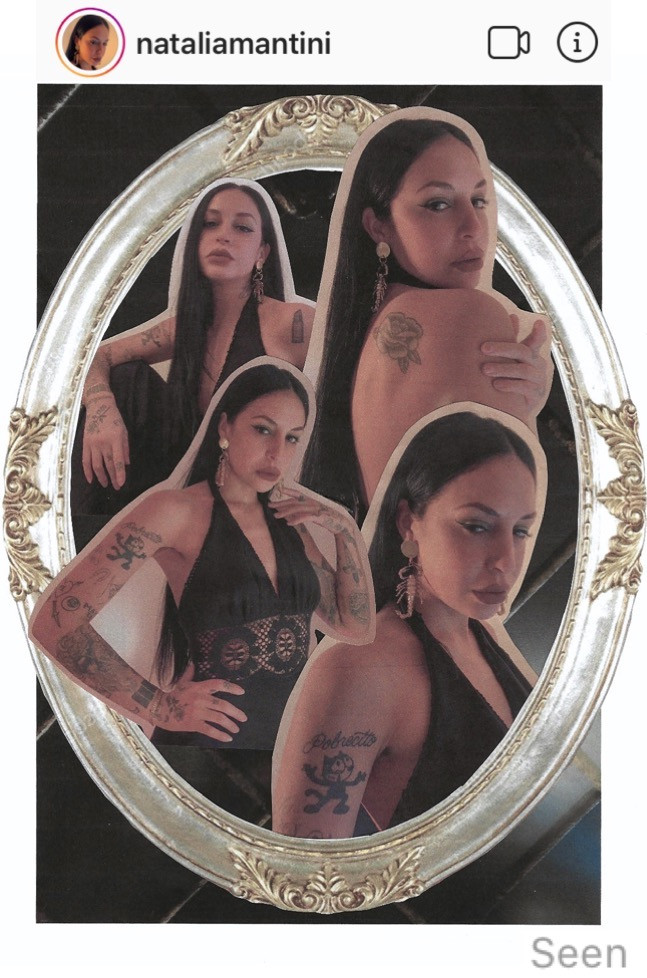
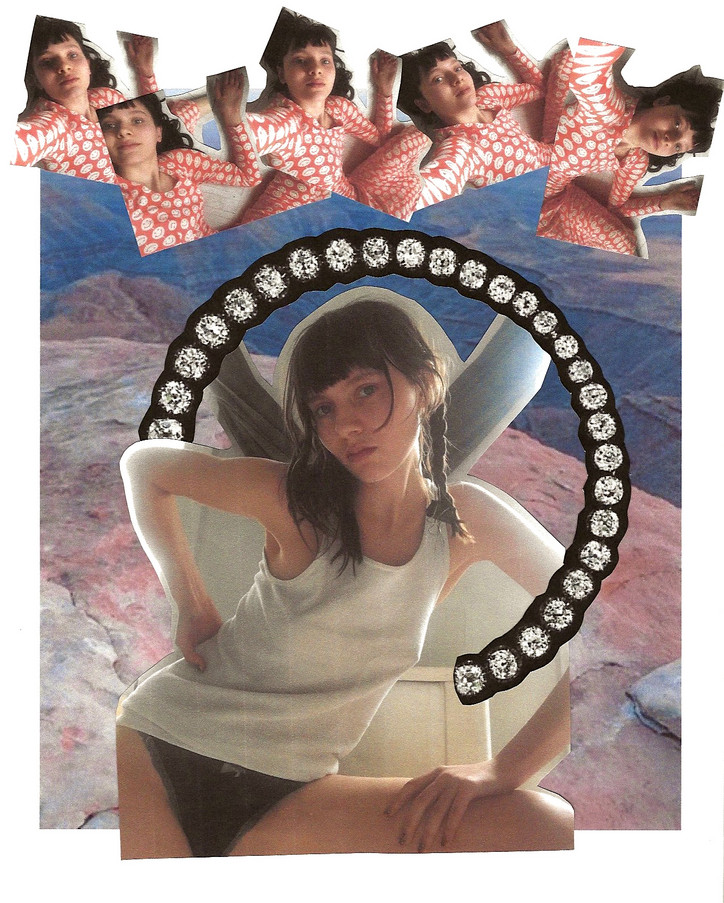
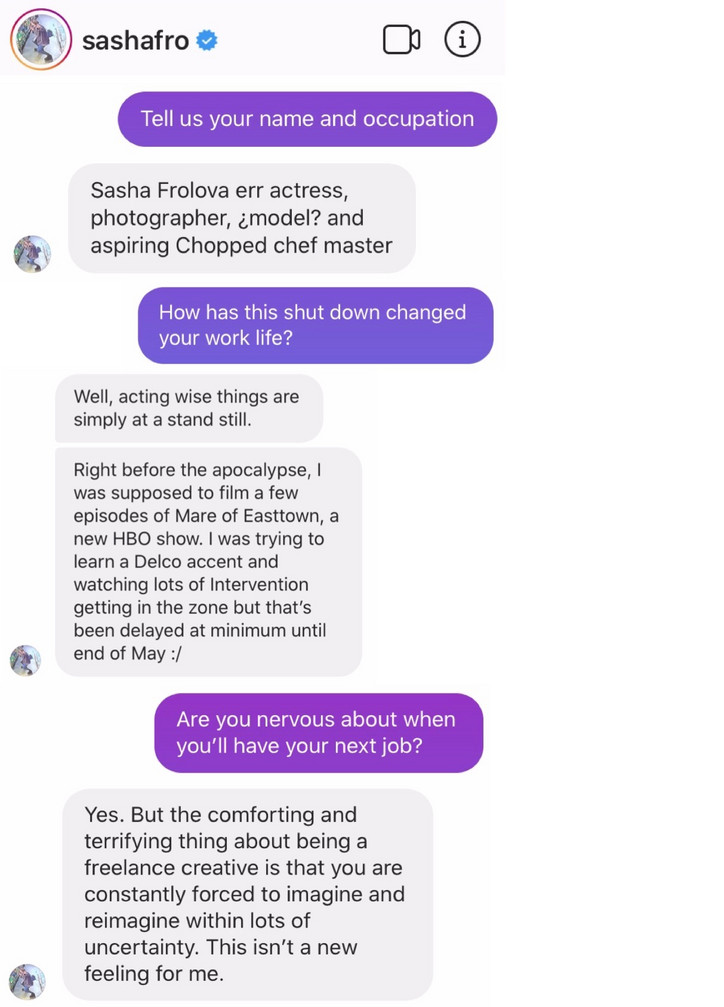
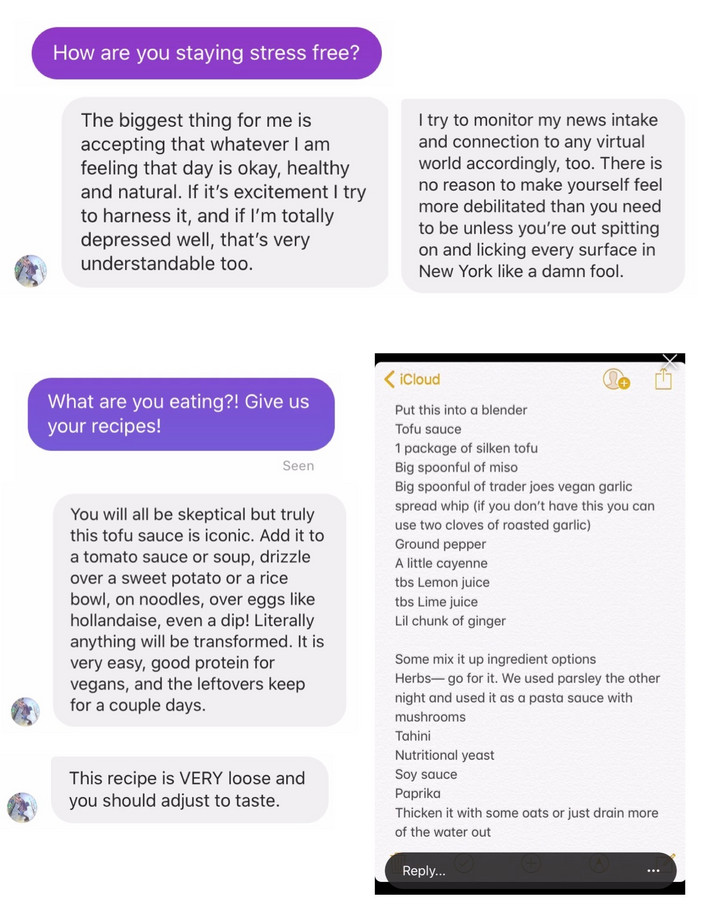
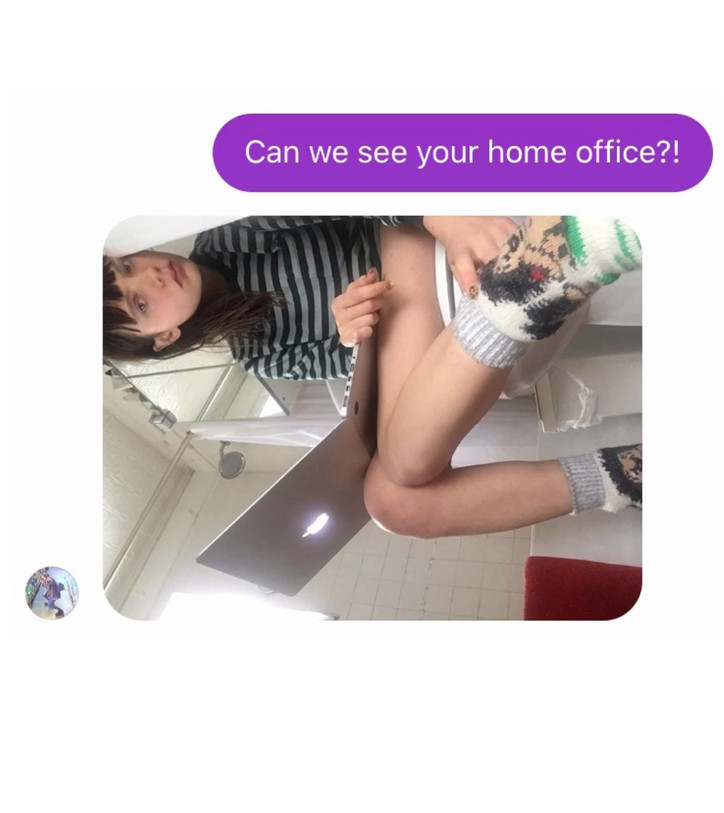
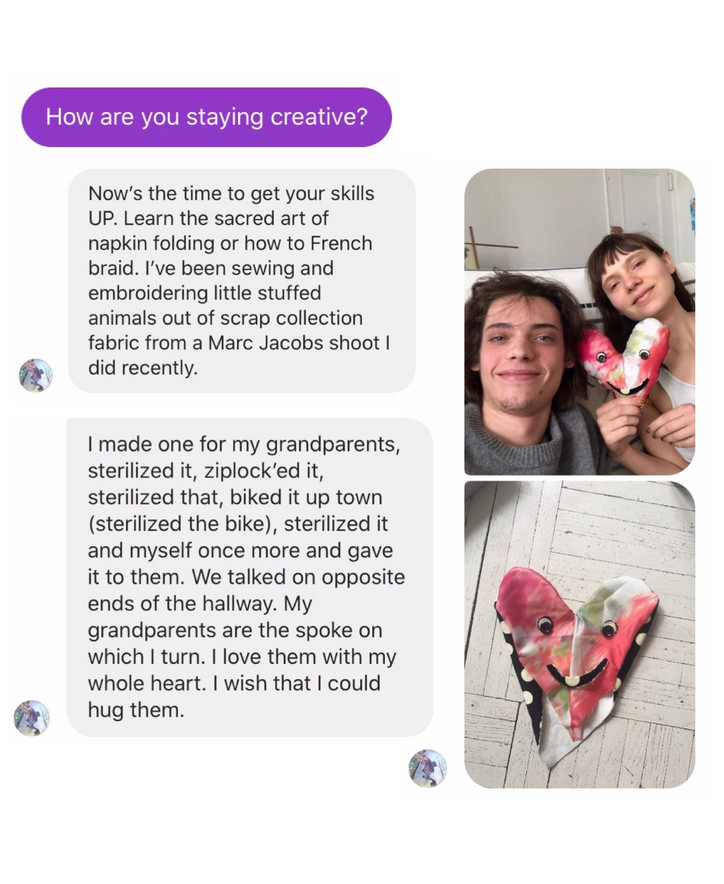

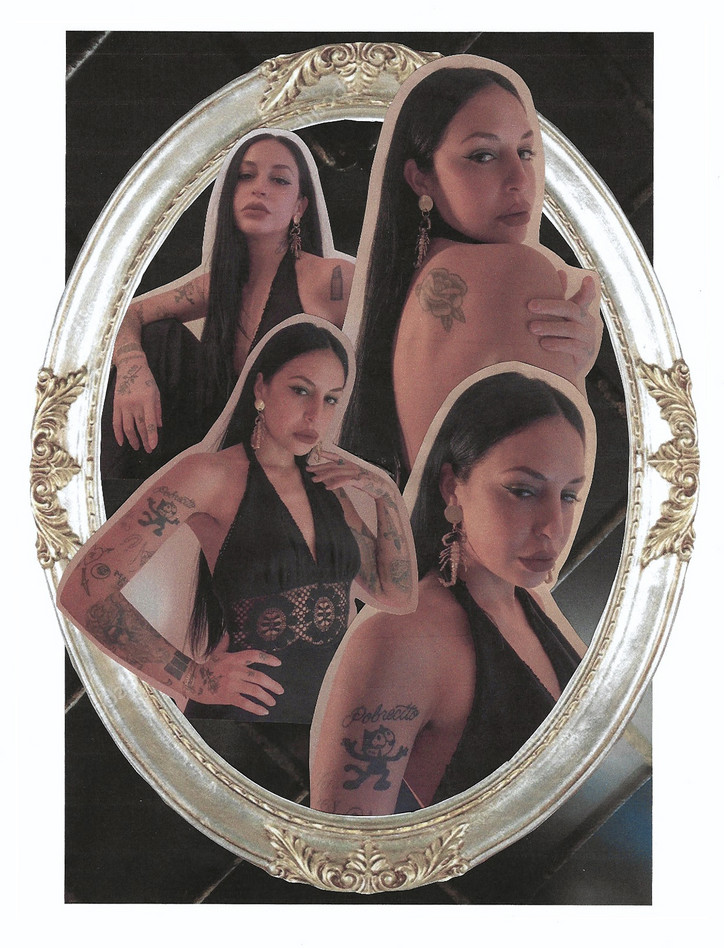
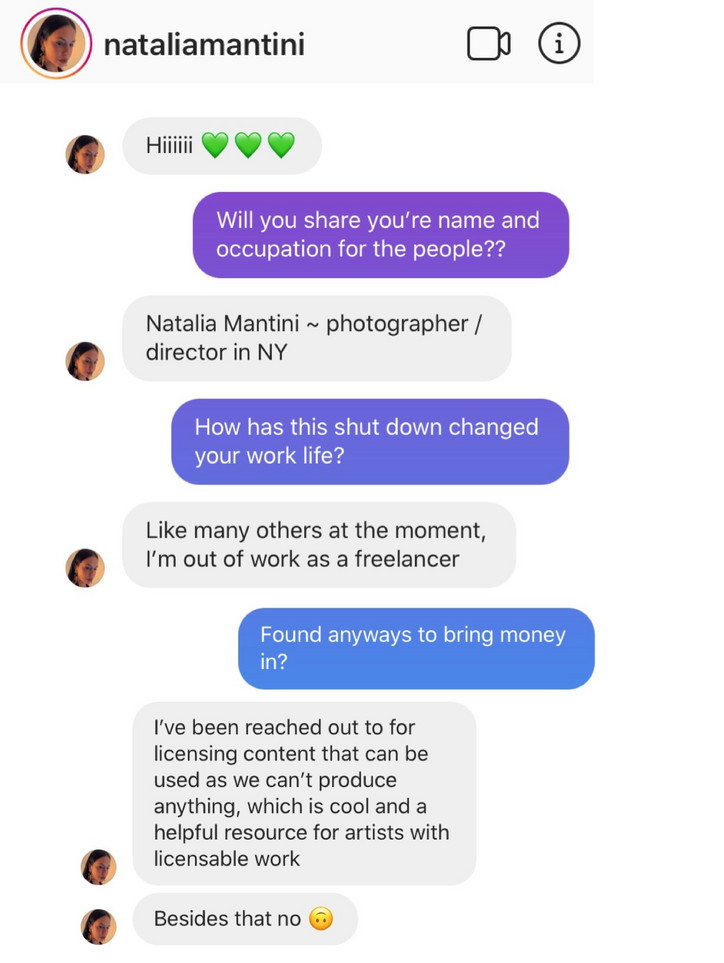
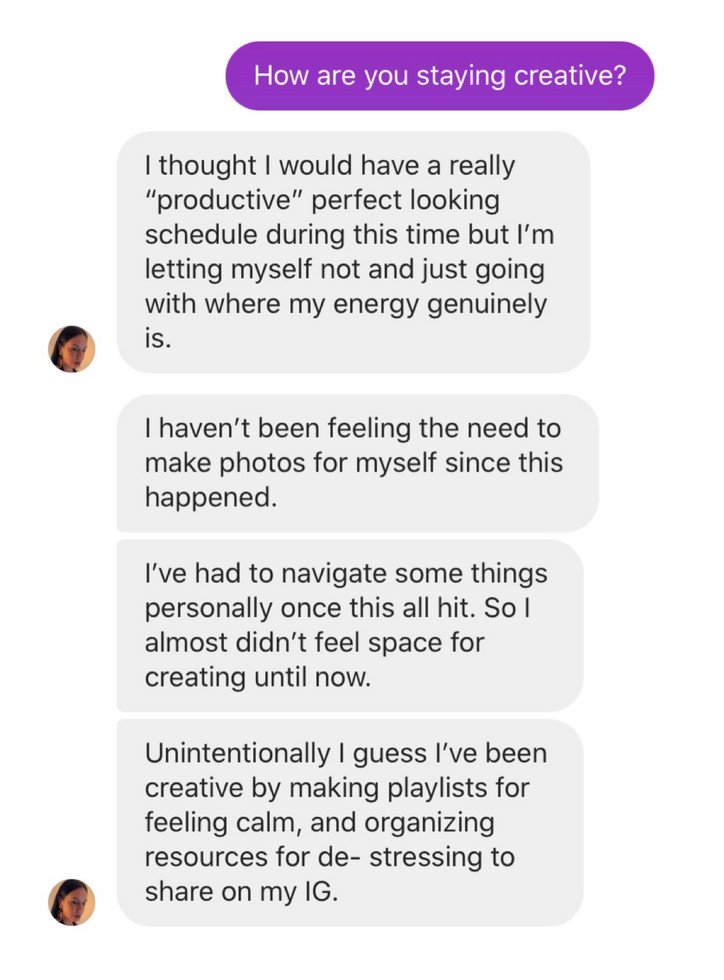
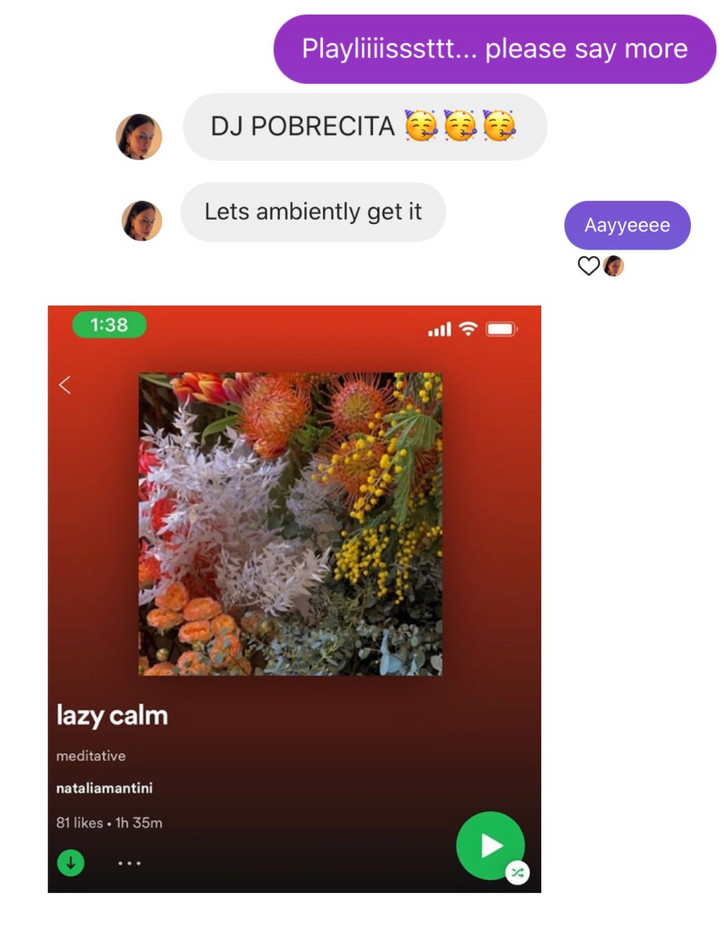
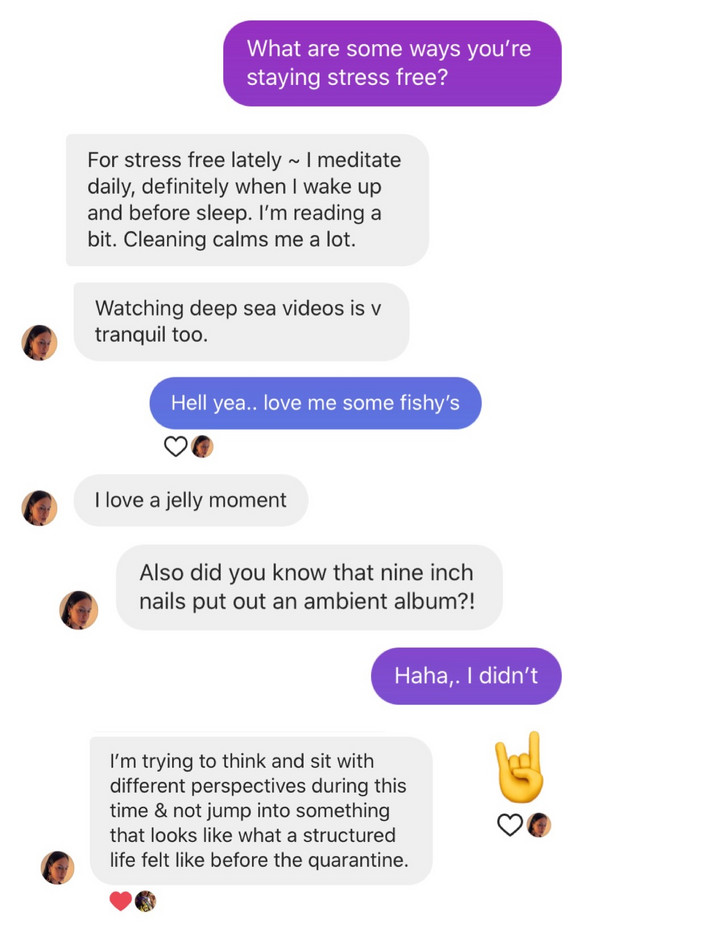
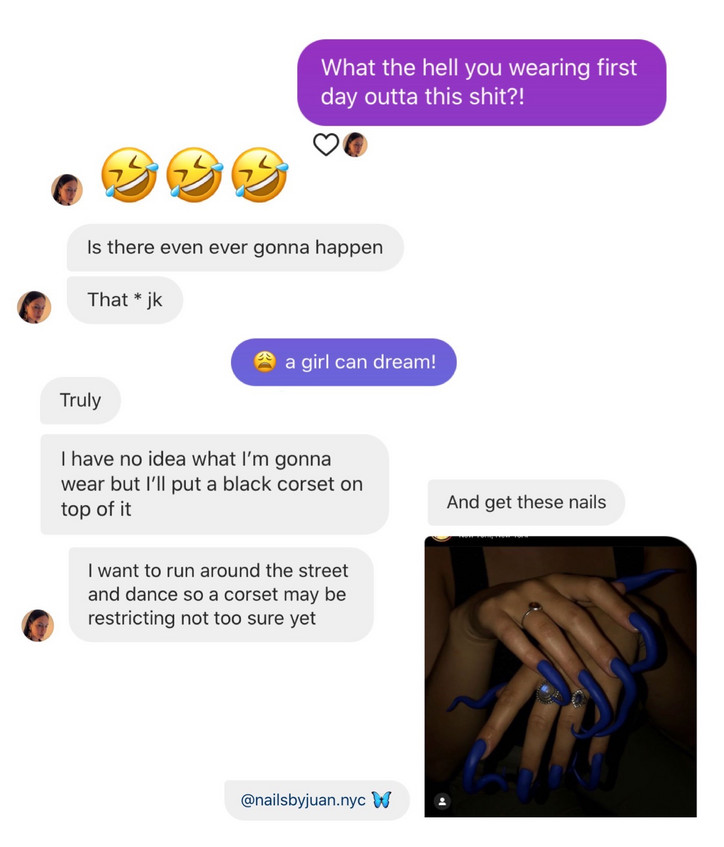


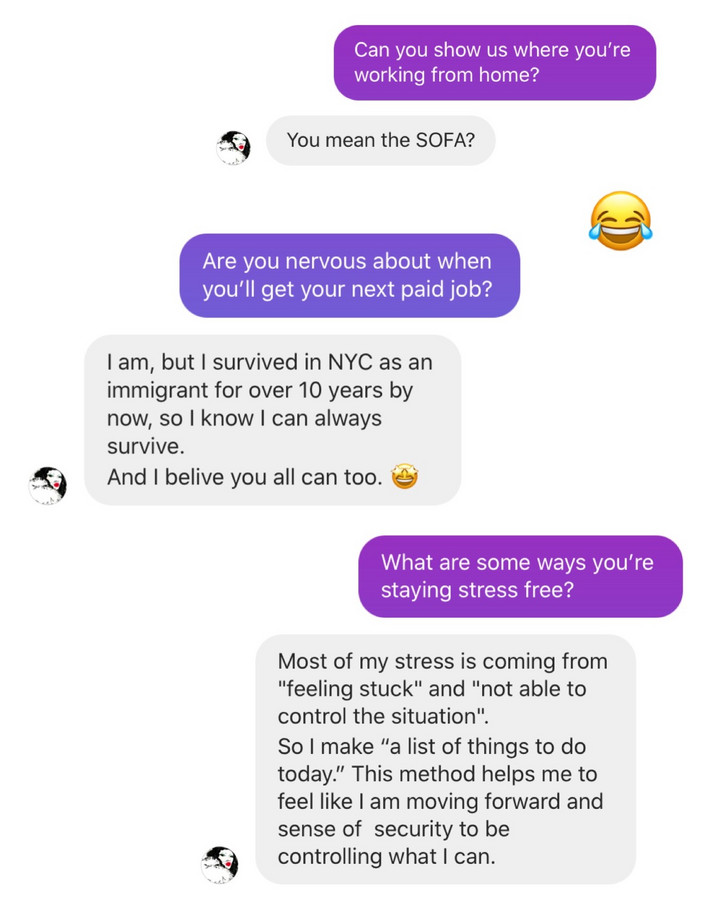

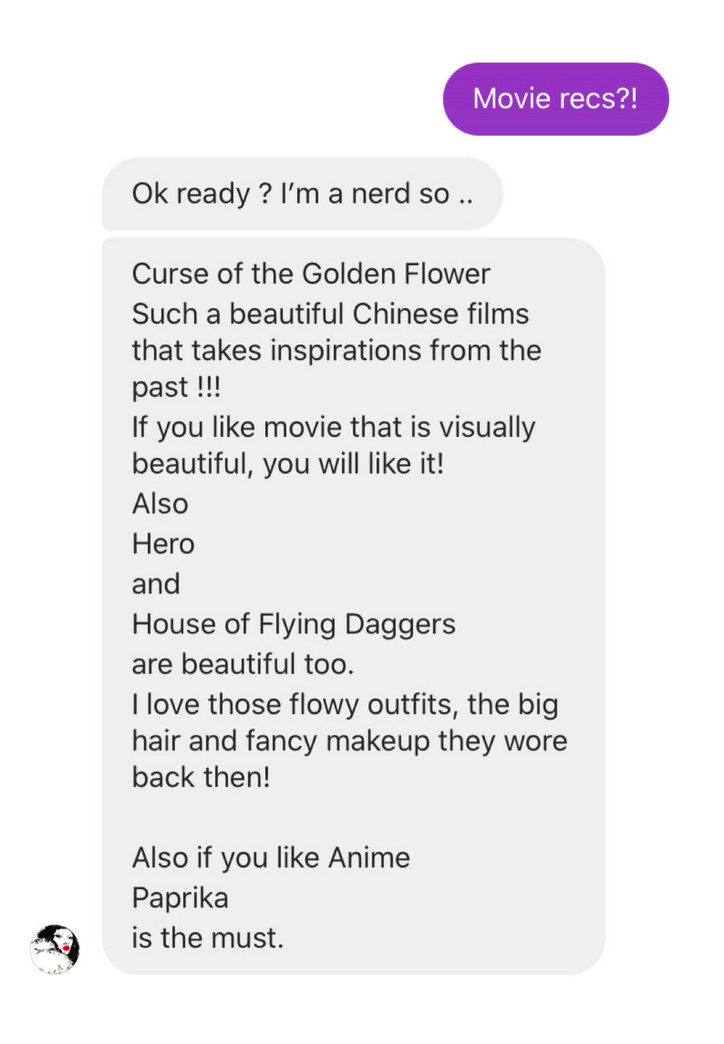
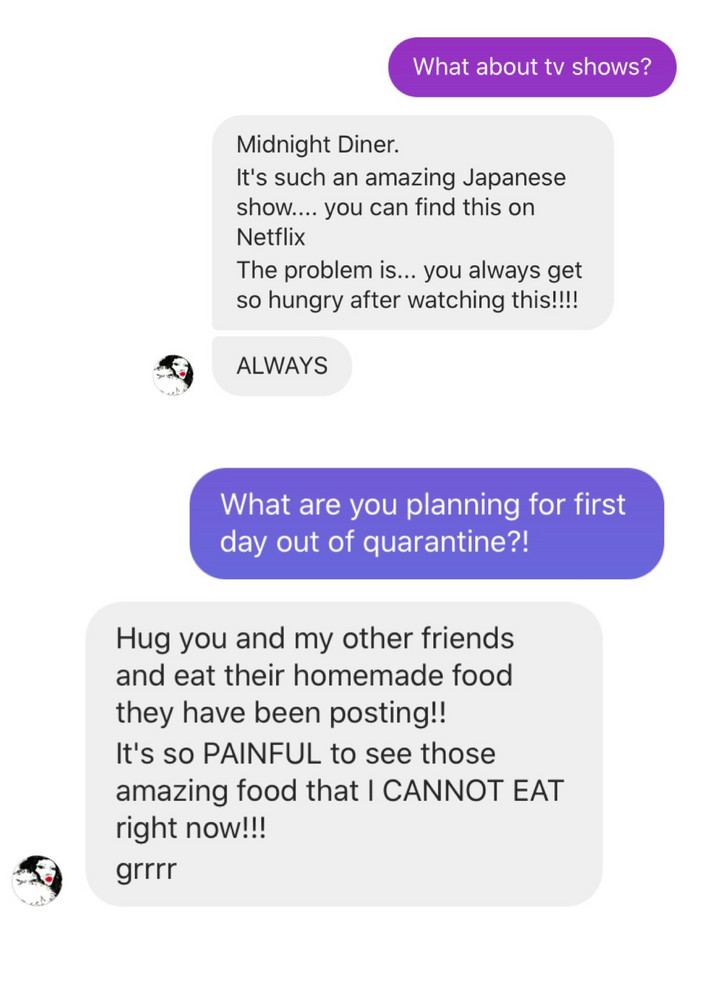
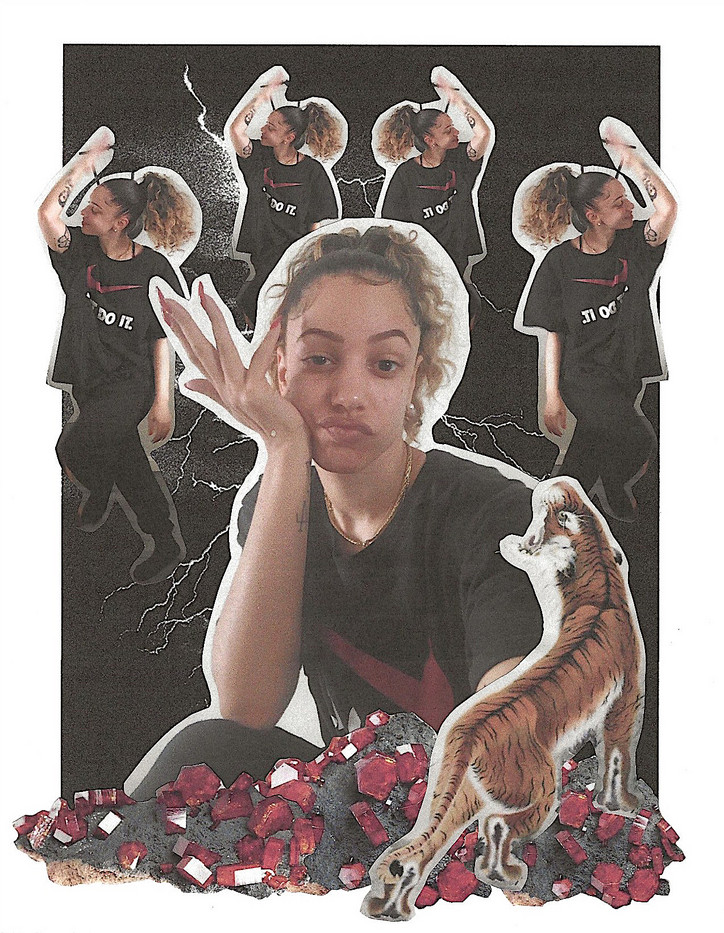
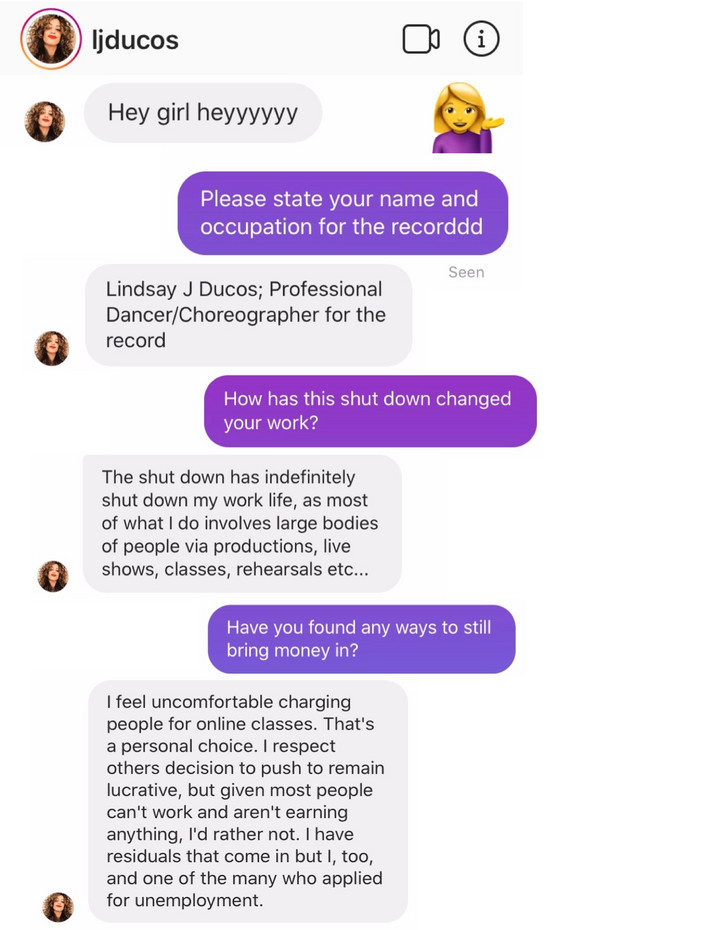
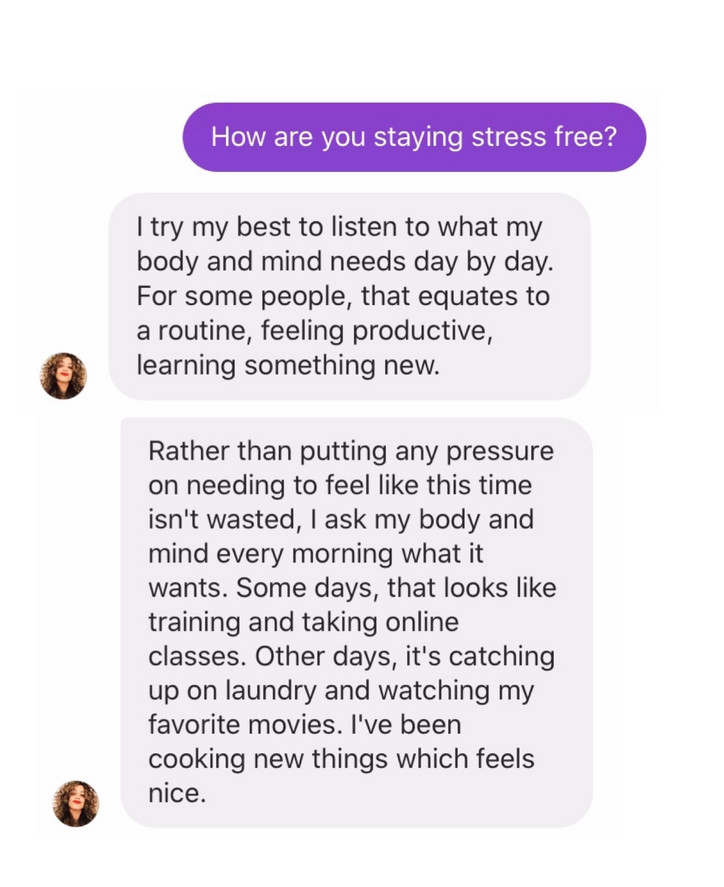
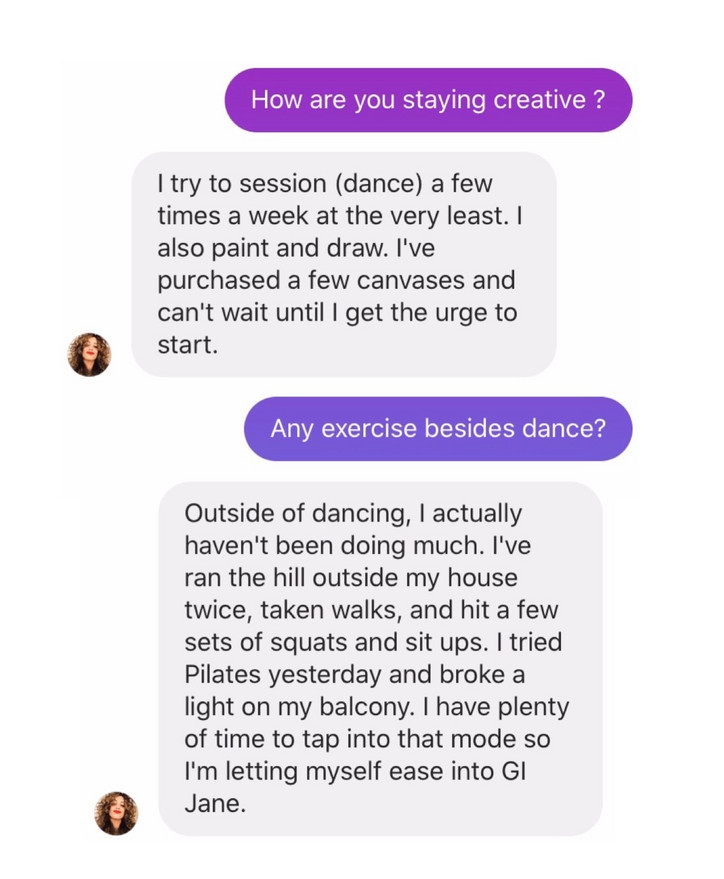
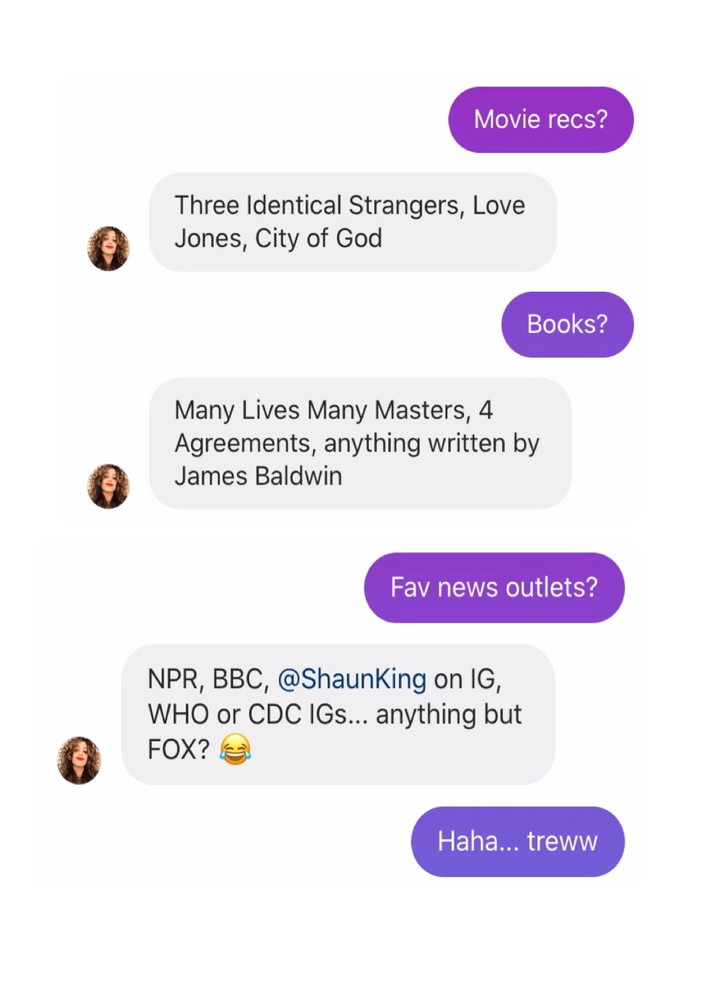
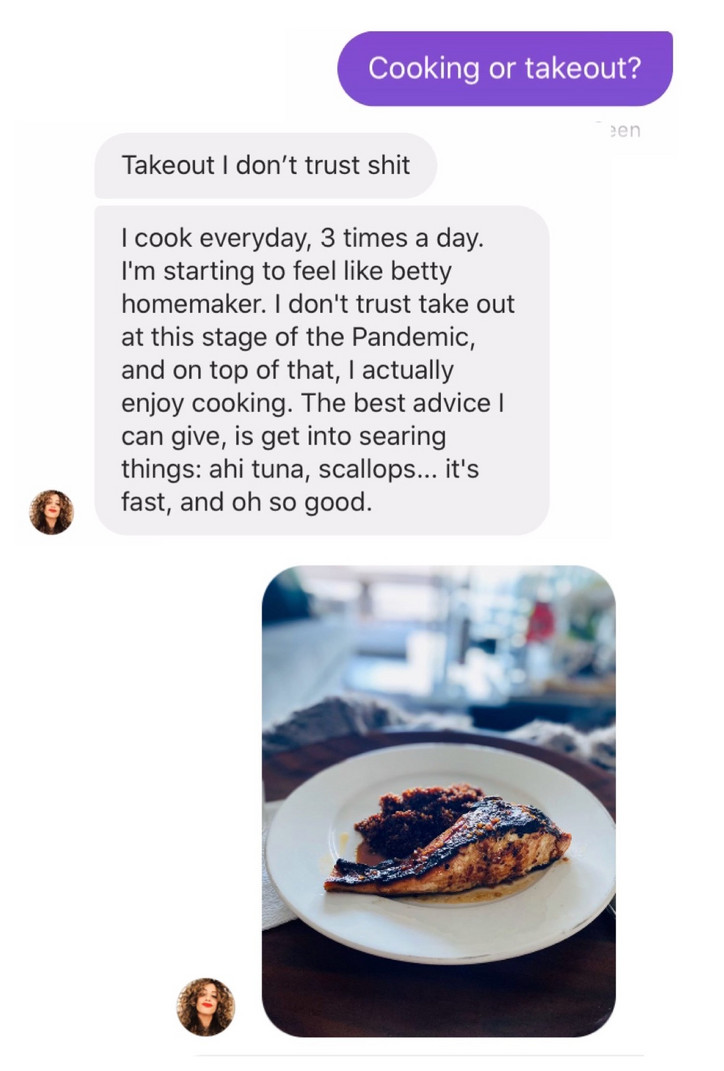
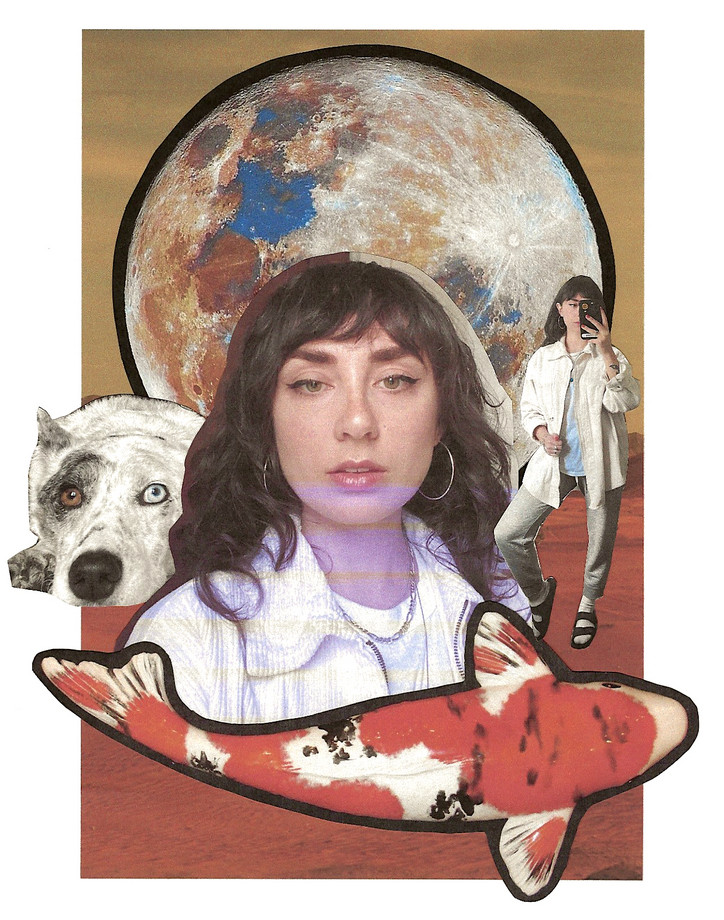
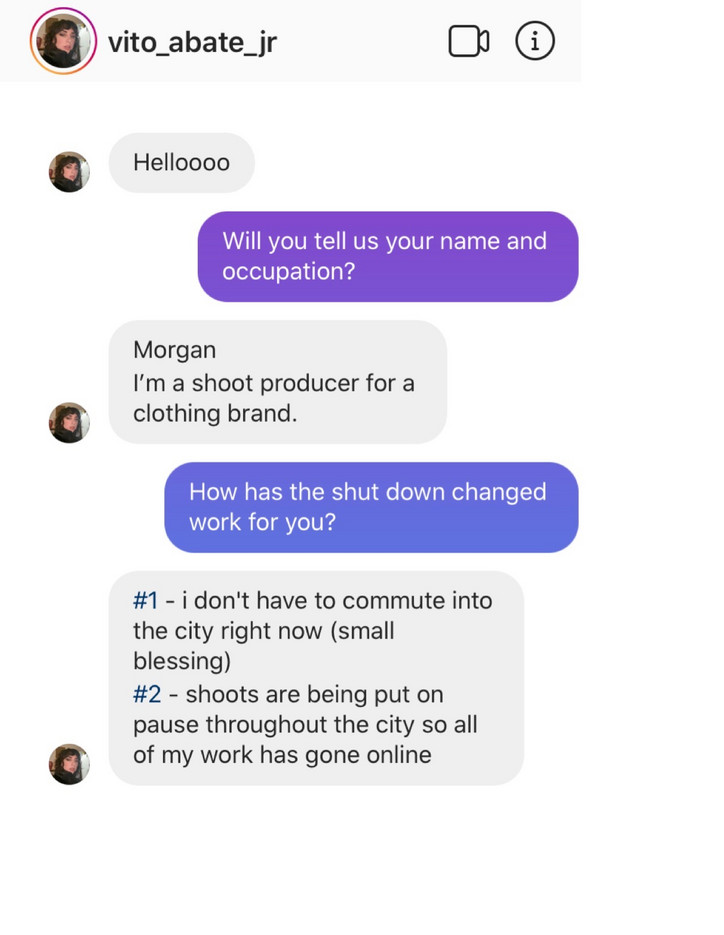
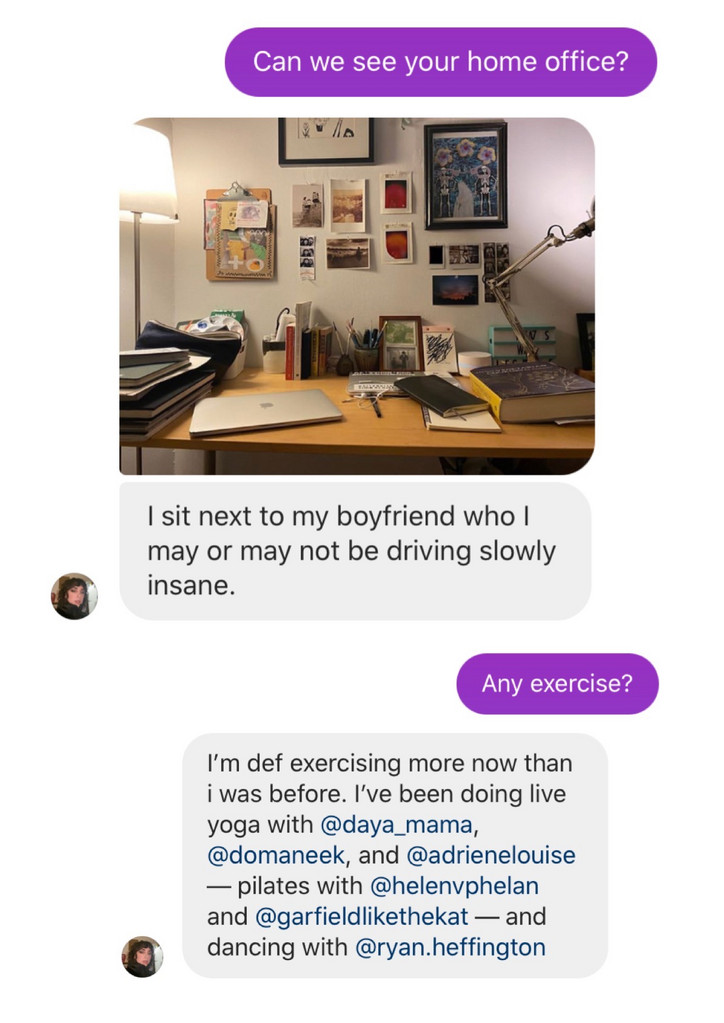
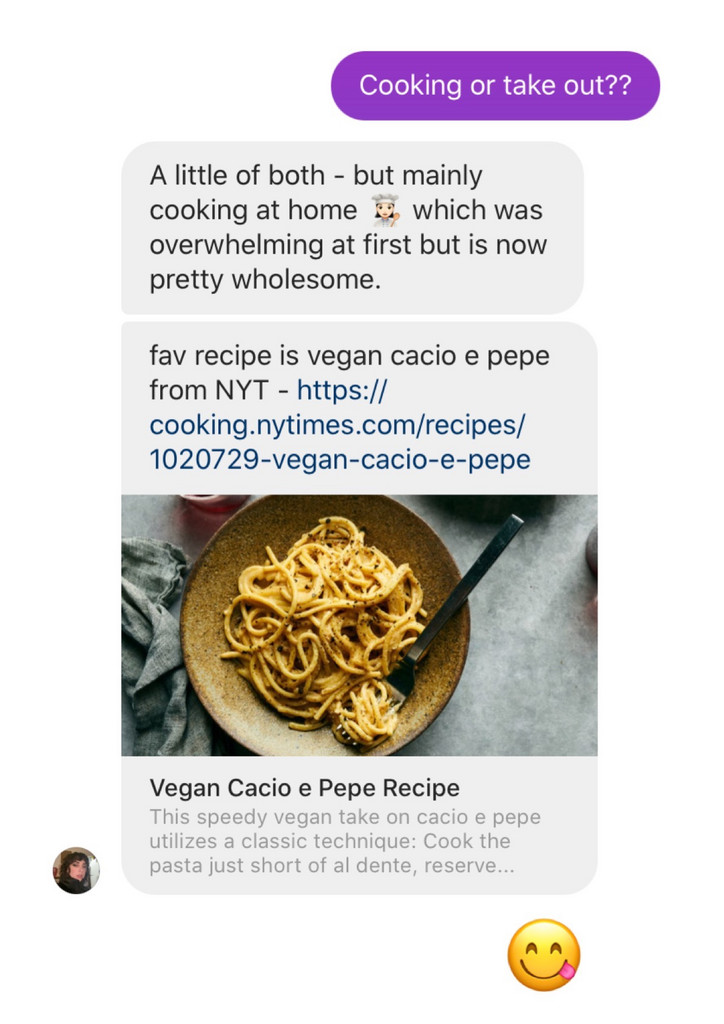
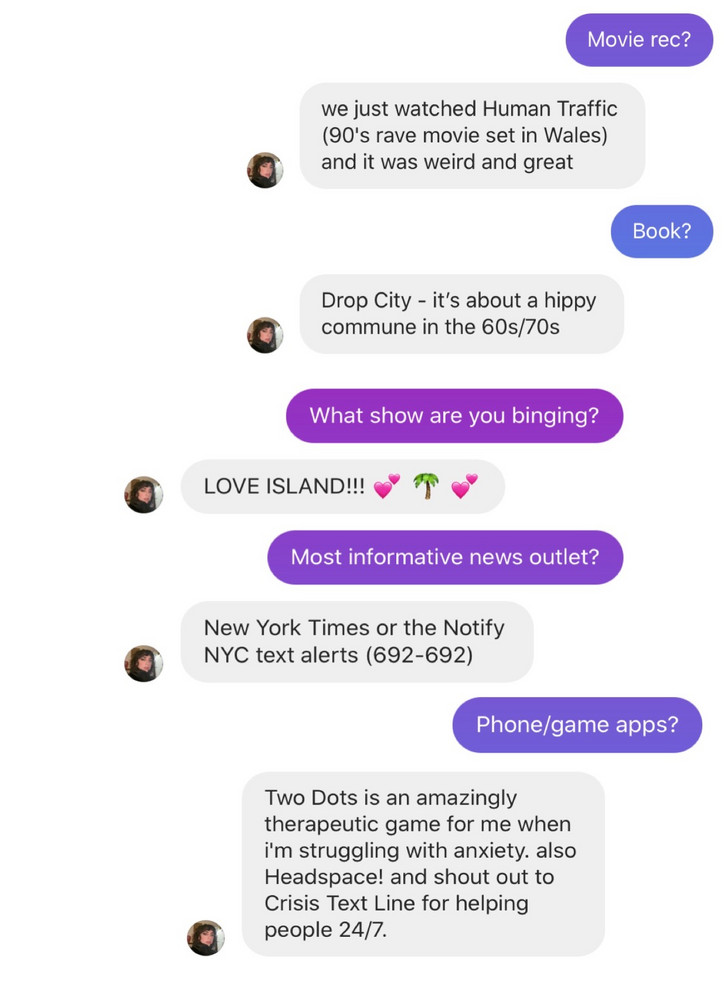
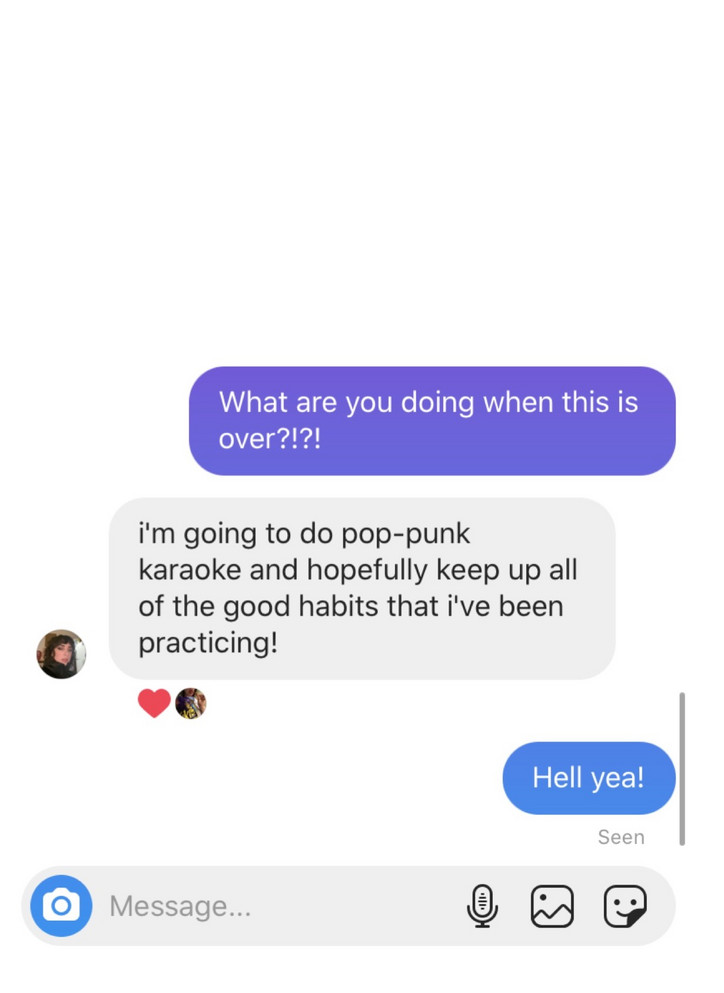
Stay informed on our latest news!































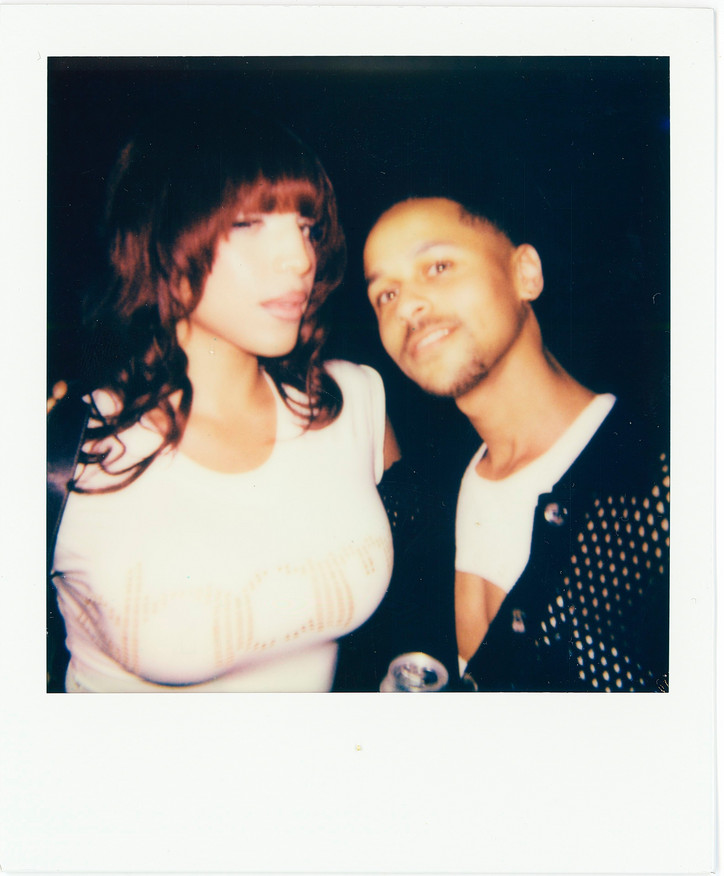
Outside, other things happen, too. The Trump administration issues an executive order titled, absurdly, “Defending Women from Gender Ideology Extremism and Restoring Biological Truth to the Federal Government." Down the street, someone tries to have an altar to Cecilia Gentile removed from Sunset Garden. The news retains its usual morbid tenor. And the dolls fundraise to support each other’s surgeries, to help cover each other’s rent, to keep one another alive.
This party, or “fundraver,” is an effort to raise money for future, trans-focused activations, including the annual Celebration of Black Trans Women Cookout, which the Angelito Collective is co-hosting with their sister, Gia Love, in August. “The return of the Celebration of Black Trans Women Cookout couldn’t be more timely,” says Gia. “Now, more than ever, it’s essential that we organize as we did in 2021—to offer a powerful counter-narrative, one rooted in hope, joy, and the full expression of everything we live and fight for.”
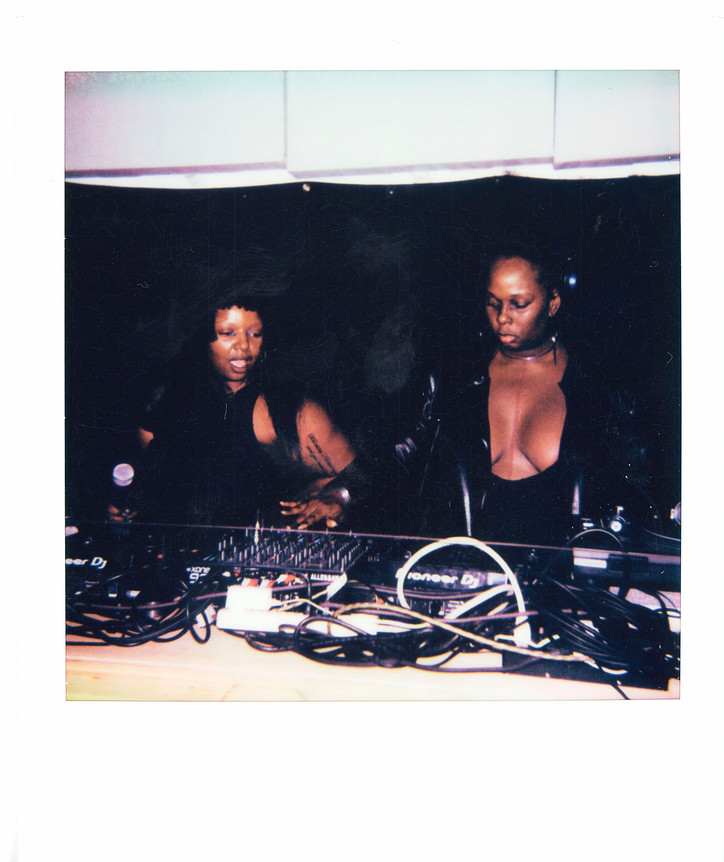
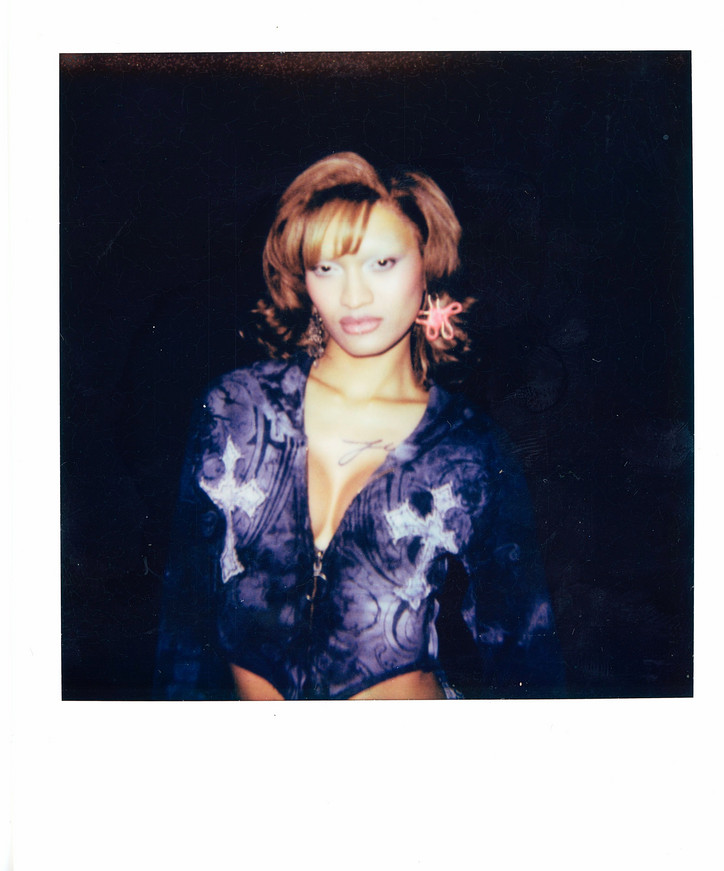
Below, the Angelito Collective and friends discuss a range of subjects: the Cookout, yes, but also their love for each other, the realities of trans life under the Trump administration, a political battle over their altar to Cecilia Gentile, the urgency of keeping an archive to fend against erasure, and so much more.
How did these fundravers start in the first place?
JAI - I founded Body Journey at the same time that Sol & Demi started Angelito Collective. Our journeys are interconnected and we were actually part of each other’s first events from the very beginning, and we organically grew our platforms over time. The fundravers started out by us coming together and using the resources we already had to raise money for our communities and organizations that also put in the important work. Back in 2020, in the middle of the pandemic, Angelito Collective organized a Zoom party fundraiser for Red Comuntaria Trans, in Colombia. Since then, we’ve organized a bunch of different fundravers independently, and now we’ve merged forces consistently for the last year, to fundraise for the Black Trans Dinner activations.
DEMIYAH - It’s special that 5 years into this work we continue to create these spaces together. Jai is one of the first friends I made when I came to New York. I have so much love for him, so when he reached out to Angel and I last year to work on this, I was excited! We set out to build a framework where both avenues of Angelito’s work in grassroots mutual aid and nightlife could amplify each other. Initially we only set out to do the first party, for our 10th Dinner last July. Given the response and impact of the first party, we continued with the follow up of our second party in December in support of our 11th Black Trans Dinner and now our third, in support of our fundraiser for this year’s Black Trans Love Cookout in collaboration with our sister, Gia Love.
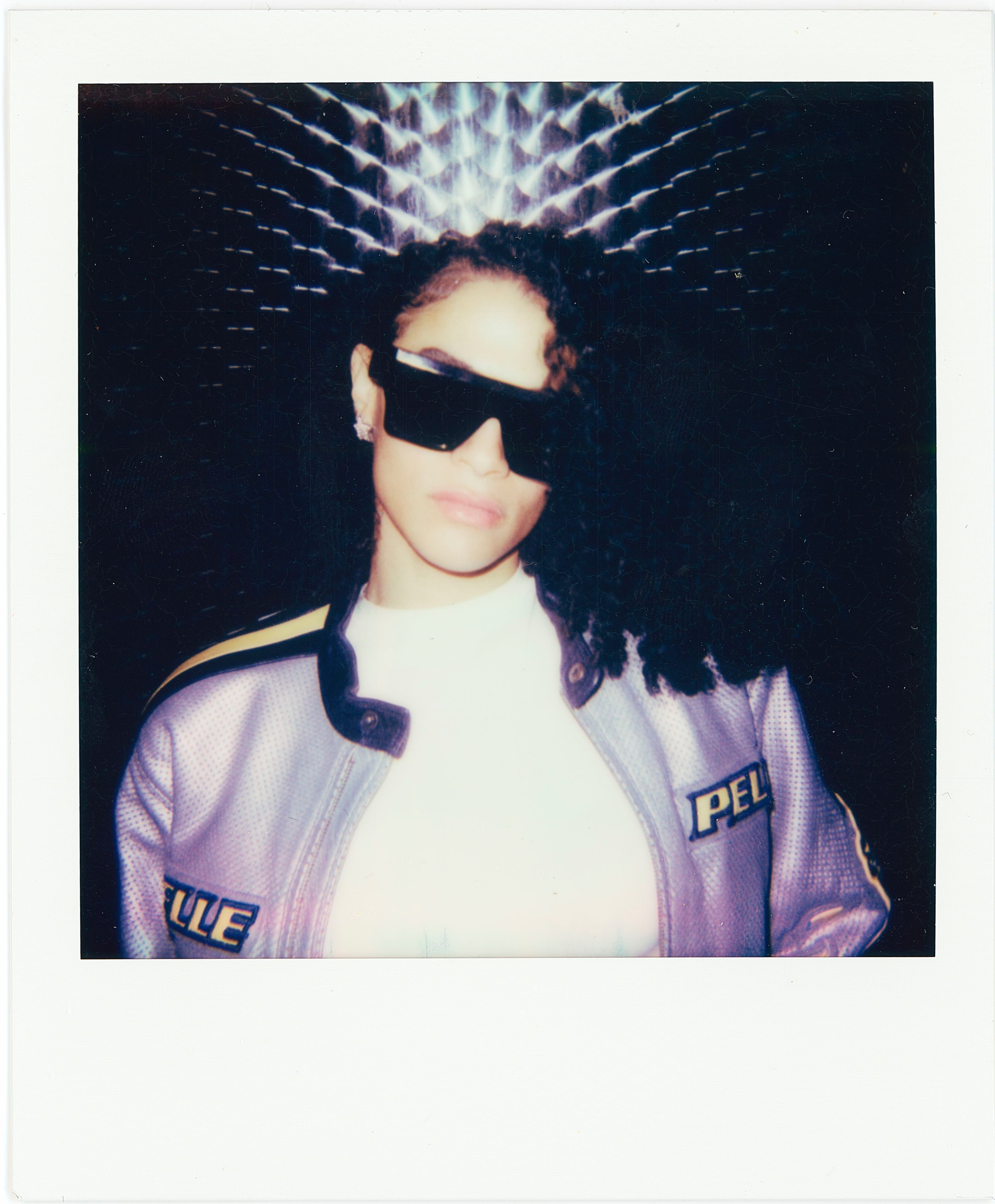
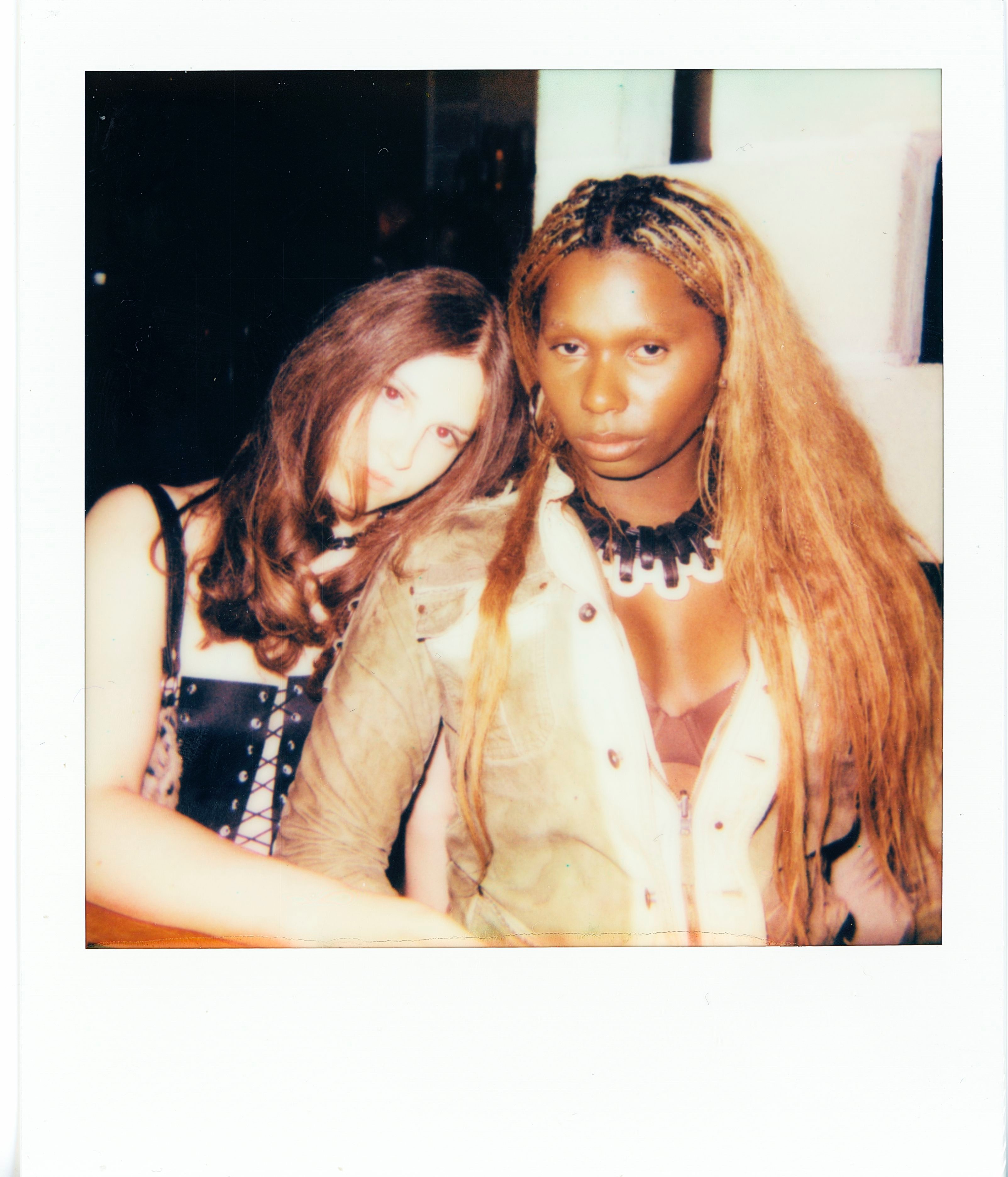
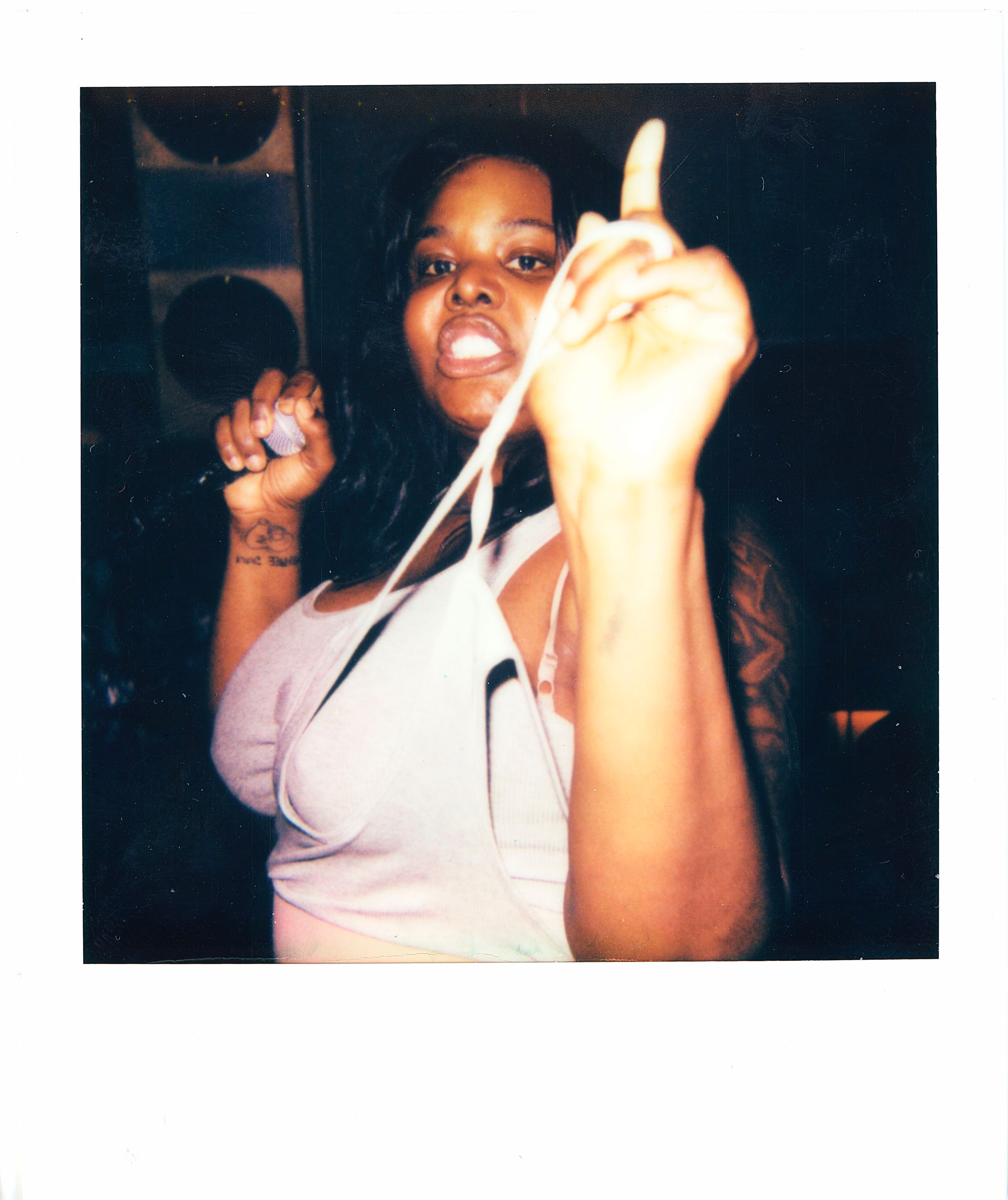
What were you trying to accomplish with this last party? The line-up of DJs and performers was crazy.
JAI - With this last party, and even the one before, we have moved into creating more than just a party, and trying to become a space not only for music and dance, but to come together and be in community. We added things like food vendors, flash tattoos, live performances. This has shifted our fundravers from more of a party space to a more broad community space that all can enjoy.
DEMIYAH - These spaces are more than a party. We are actively inviting our community into building and growing a supportive ecosystem that prioritizes sustaining our joy and uplifting one another. We’ve established our spaces as a grounding point to foster allyship. It is important that we hold allies accountable to actively participate in the reciprocity of energy we ourselves embody and pour into with this work. We are intentional with creating opportunities for others to share and create purpose with us, this could be the DJ’s who donate 30-minute sets, our volunteer staff, the venues that host us, the friends that buy drinks or food, or those who are directly making a donation to us at the door.
What was the thinking behind the food pop-up? The girls were taking containers home at 2, 3am!
SOLÁNGEL - The food pop-up at Honey’s is an extension of our Black Trans Sibling Community Dinners — a space rooted in love, care, and collective nourishment. It’s not just about sharing food, it’s about sharing culture, intention, and legacy. We wanted allies to get a literal taste of what we’re serving — the same meals that feed our community spiritually and physically.
Once we knew the 4/20 Fundraver would be the kickoff for our summer fundraiser — leading to one of the biggest Black trans events in NYC, the Black Trans Love Cookout — I knew the menu had to channel that summertime joy. For me, summer tastes like churrasco over the grill, moro de guandules, and a bright, fresh salad. That’s what I grew up on — Bronx park cookouts with my Dominican mom and Honduran stepfather. That’s what love on a plate looks like. So I called in my mom, Belkys, to help us serve up something that felt like home.
INDALESIO - Our food pop-ups are all about nourishment on every level—where we feed people and create a space where care, intention, and access come first. We build menus that are thoughtful and seasonal, with our trans siblings in mind—what their bodies need, what memories food holds, and how food can help reconnect us to joy and ritual.
Understanding the intersections of our lived experiences and our organizing means we’re able to connect with our guests deeply—we know what it means to go without, and we know how powerful it is to be fed with love. We highlight trans chefs and also welcome allies who want to throw down for us!! That kind of energy exchange—cooking for each other, prepping together, working the line side-by-side—is sacred.
We also hold accessibility at the center. Our payment structure includes full-price menu items for non-Black trans folks, which helps pay for their meal and a Black trans sibling’s. There’s also a pay-what-you-can scale, because no one should be turned away from nourishment. This model lets us cover our costs, support future activations, and make sure everyone is fed.
Every time, our people show up—to cook, to eat, to clean, to build. The pop-up is more than a fundraiser. It’s a moment to gather, to affirm life, and to practice care as resistance.
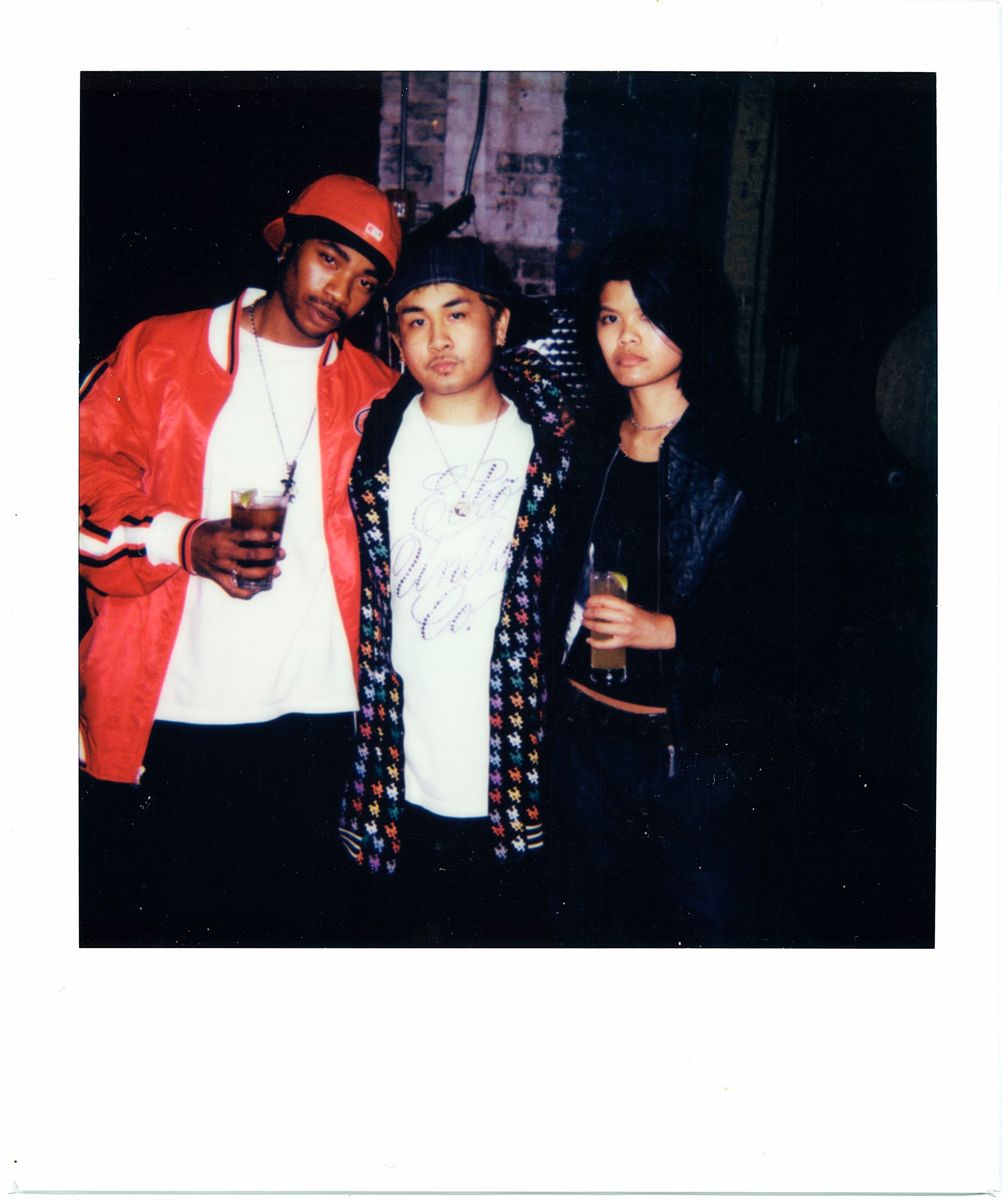
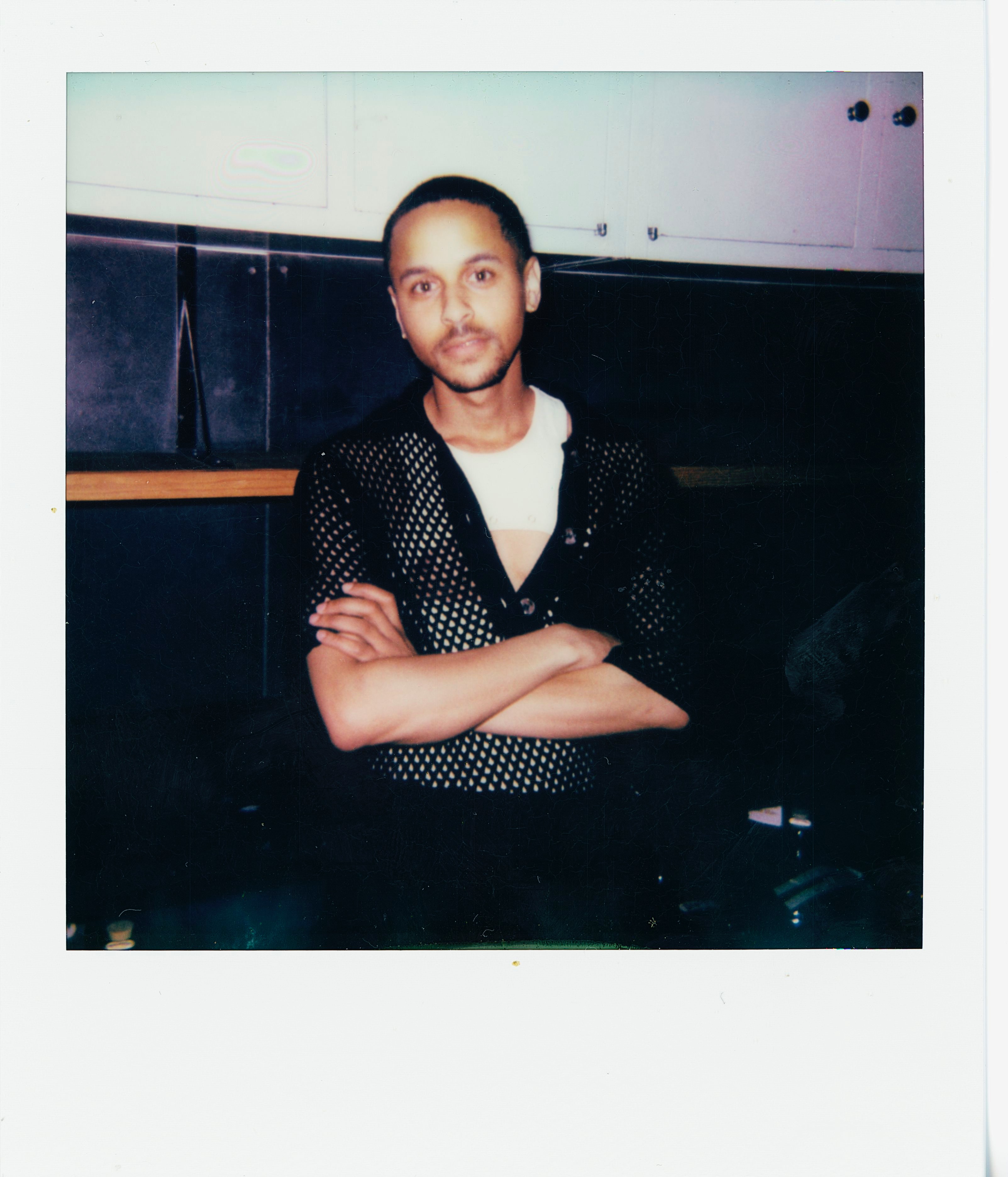
How did you meet, and what was the impetus behind collaborating?
GIA - I first met the Angelito Collective in 2020, when they reached out to me to star in their fashion horror film. I was really excited to collaborate with a group of young visionaries. I’m a bit older than the women in the collective, so it felt refreshing to be in creative space with younger folks—and to be invited to help launch something new.
If I’m not mistaken, that film was the collective’s very first project. So my relationship with them goes all the way back to the beginning of their journey, which makes collaborating again this summer even more meaningful.
The return of the Celebration of Black Trans Women Cookout couldn’t be more timely. We’re living in a world where trans people—especially trans youth—are at the center of public discourse, often due to the harmful attention this administration has directed toward our community. Now, more than ever, it’s essential that we organize as we did in 2021—to offer a powerful counter-narrative, one rooted in hope, joy, and the full expression of everything we live and fight for.
This year, it was important for me to collaborate with a collective that shares a commitment to food access and creating radically hospitable spaces for Black trans people. When I thought about who to partner with, I was thinking about sustainability. The Celebration of Black Trans Women Cookout happens once a year, but I wanted to join forces with a group that carries this work forward all year round.
The Angelito Collective came to mind immediately. Their work is not only impactful—it’s beautiful. I love how chic and intentional everything they do is. That kind of energy and vision felt like the perfect addition to this year’s celebration, and I truly believe it will make the event even more vibrant and affirming for our community.
I’m genuinely excited for this journey with them. It’s already been deeply fulfilling. The members of the collective have been instrumental in getting this year’s cookout up and running—they’ve really shown up to make it happen. I’m also incredibly grateful to Joya and Maya, who’ve worked alongside me every step of the way to ensure that Black trans people are celebrated in the most fabulous way possible. I tip my hat to them all.
Gia, can you talk about why you decided to do the Black Trans Women Cookout back in 2021? From my understanding, you only meant to do one of them. What was in the air then that encouraged you to organize it, and what has made you want to continue?
GIA - The Celebration of Black Trans Women Cookout began in 2021. At the time, I was paying close attention to media coverage of Black trans women, and I noticed that most of the narratives focused solely on murder, death, and violence. While those realities are true and important, I also knew from my own life that community, joy, and liberation are just as real—and just as vital.
I wanted to create a space where we could come together and celebrate those parts of our lives. Too often, when people talk about Black trans women, they repeat this tagline about our life expectancy being so short. But if we live by that idea, we limit the life we do have. So the Celebration of Black Trans Women Cookout was born from a desire to create freedom—a space where we could gather with our communities, be celebrated, and feel joy.
Originally, it was only supposed to be a one-time event—something to respond to the moment. But during that first cookout, as I looked around at so many Black trans women together in one public space—dancing, laughing, being free—I realized just how necessary this was. I had never seen anything like it before. So we kept going.
Since then, we’ve hosted three more cookouts, and each one has helped lay a foundation: for mutual aid, food access, celebration, and a model of what Black trans joy looks like in community. People who don’t usually spend time around Black trans folks have had the chance to walk by our event and witness our joy—and some even joined in. The impact has been powerful.
This celebration has become a beautiful contribution to my life and to the lives of many in our community.
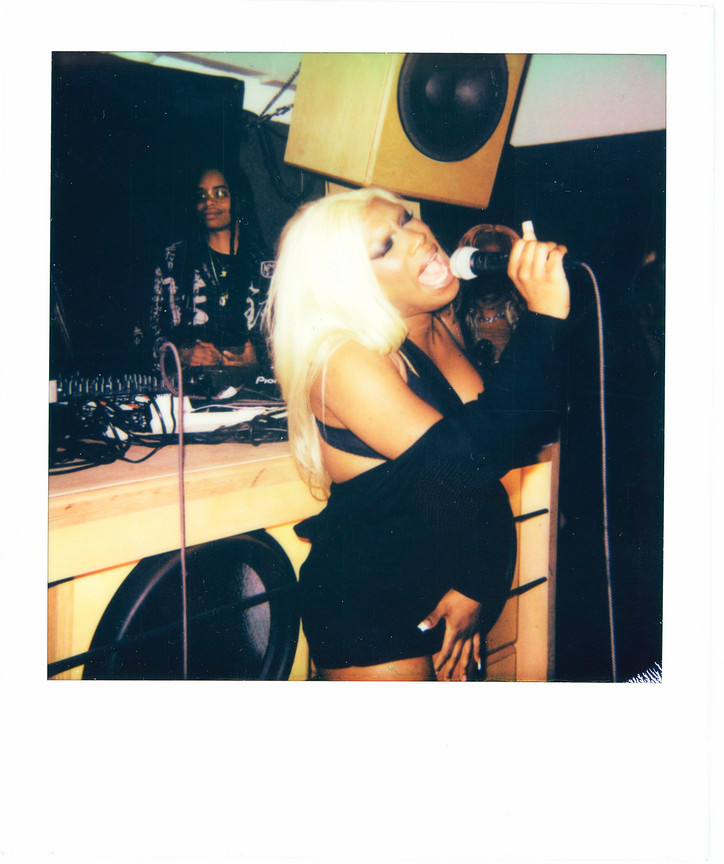
Leading up to the cookout this summer, you’re all planning to do a number of additional activations. What are those activities going to be?
GIA - Over these last few months our team was in an extensive pre-production phase for all the programming we have planned in the coming months. As we look ahead we will be partnering with other NYC party collectives to fundraise for the cookout, as well as hosting various wellness/knowledge skill sharing workshops. We are excited to introduce our newest programming with our community cooking classes in June, as well as our garden Wellness Activations, where we create access for our trans siblings to learn to garden, participate in ear acupuncture/cupping, sound bowl mediations, dye workshops and our T4T clothing swap. I’m also personally looking forward to continuing leading our Heal In Restorative yoga series. It's been fulfilling to show up in this work and feel equally supported by my community as I deepen into my practice as a teacher. Lastly, at the end of the summer we will be hosting a special awards ceremony dinner where we will be honouring trans femmes in the community who are trailblazing and leading important work.
Most of the fundraising I see happening in the Black trans community in New York is intra-communal. It’s the dolls taking care of the dolls, raising money for each other’s surgeries, or rent, or other means of survival. This, to me, is beautiful, but also problematic, because there’s already a limit of resources. Can you talk about the difficulty here and the necessity of external support?
SOLÁNGEL - That’s the reality. It’s the dolls holding down the dolls. We organize, we crowdfund, we make a way out of no way. That’s beautiful — it’s ancestral. But we can’t keep pulling from the same pot and expect to build sustainable futures.
The truth is, outside support isn’t just helpful — it’s necessary. We need people and institutions with access to real resources to redistribute, not just reshare. This isn’t charity — it’s a call for material solidarity.
At our 4/20 event, we raffled a $300 gift card donated by K.NGSLEY to support my recovery fund as I prepare for gender-affirming surgery. That’s community care in action. But we shouldn’t have to rely solely on each other to survive — we deserve systems that allow us to thrive.
I know this doesn’t necessarily fit in the tapestry of these questions, but when I was last in town, Indalesio, a great friend of the collective who first envisioned the Black Trans Dinners the Angelito Collective has been hosting since 2021, was in the midst of a back-and-forth with Greenthumb and Parks NYC, who were trying to shut down Sunset Garden because the girls refused to remove an altar to Cecilia Gentile. Do you want to talk about what’s happening with that, and how it fits into the broader issues you’re all battling in your work and lives?
SOLÁNGEL - What’s happening at Sunset Garden is part of a much larger issue — this administration's obsession with erasing black trans presence from public spaces. Let’s be clear: trying to remove a memorial to Cecilia Gentile, a Ridgewood native isn’t about park policy, it’s about control. It’s about telling trans people our grief, our joy, and our lives don’t belong outside.
This shows up everywhere — from parks to workplaces. At one of my last jobs, a restaurant that claimed to be “for the dolls,” they didn’t even bother to fire me. They just stopped putting me on the schedule. That’s how transphobia plays out: quietly, passively, but with very real consequences.
And with all this anti-trans propaganda in the air, people are getting bolder in their bigotry. But here’s what they forget: trans women have always gathered, created, and cared for each other. We’ve always found ways to protect our joy, even in hostile systems.
We’re not going anywhere. Community is what sustains us. And we’ll keep showing up — for each other, and for ourselves.
INDALESIO - Over the years Sunset Garden has grown into a key space for our community—a site of joy, grief, nourishment, and resistance. We’ve celebrated Trans Days of Visibility here with healing modalities, and we do it year-round, across the seasons. We grow food in the garden for the dinners themselves. The space has become a place of access—a place where trans and queer people can exist in the daylight, without the pressure or expectation of nightlife. Historically, we have mostly had clubs and bars in the dark—but we also deserve softness, sun, routine, and the right to just be. That’s what the garden has offered. And that’s what’s at stake.
Since late last year, we’ve been caught in a drawn-out, exhausting back-and-forth with NYC Parks and Greenthumb. Though honestly, it hasn’t been much of a dialogue. Now they’re invoking Section 7(e)—a clause tucked into every Greenthumb lease—to justify terminating ours. The supposed violation? Refusing to remove Cecilia’s altar and declining to sign a separate lease through Art and Antiquities. That additional lease would require us to relocate the altar to another borough, bar it from any Parks or city property, and dismantle it completely after one year. We’re not signing that.
We see memorials all over the city—to fallen firefighters, to soldiers—but when it’s trans people remembering our own, suddenly it’s a problem. That’s not policy. That’s erasure.
These systems always come for the most marginalized first. They want to push us out of a space we’ve built with love, with labor, with our neighbors. That’s why, alongside our resistance, we’re committed to political education—making sure our community has the tools to name and disrupt the transphobia, racism, and Zionist violence that keep showing up in our neighborhoods and institutions.
We won’t be erased. We won’t be moved. Sunset Garden is ours, and we’re not leaving.
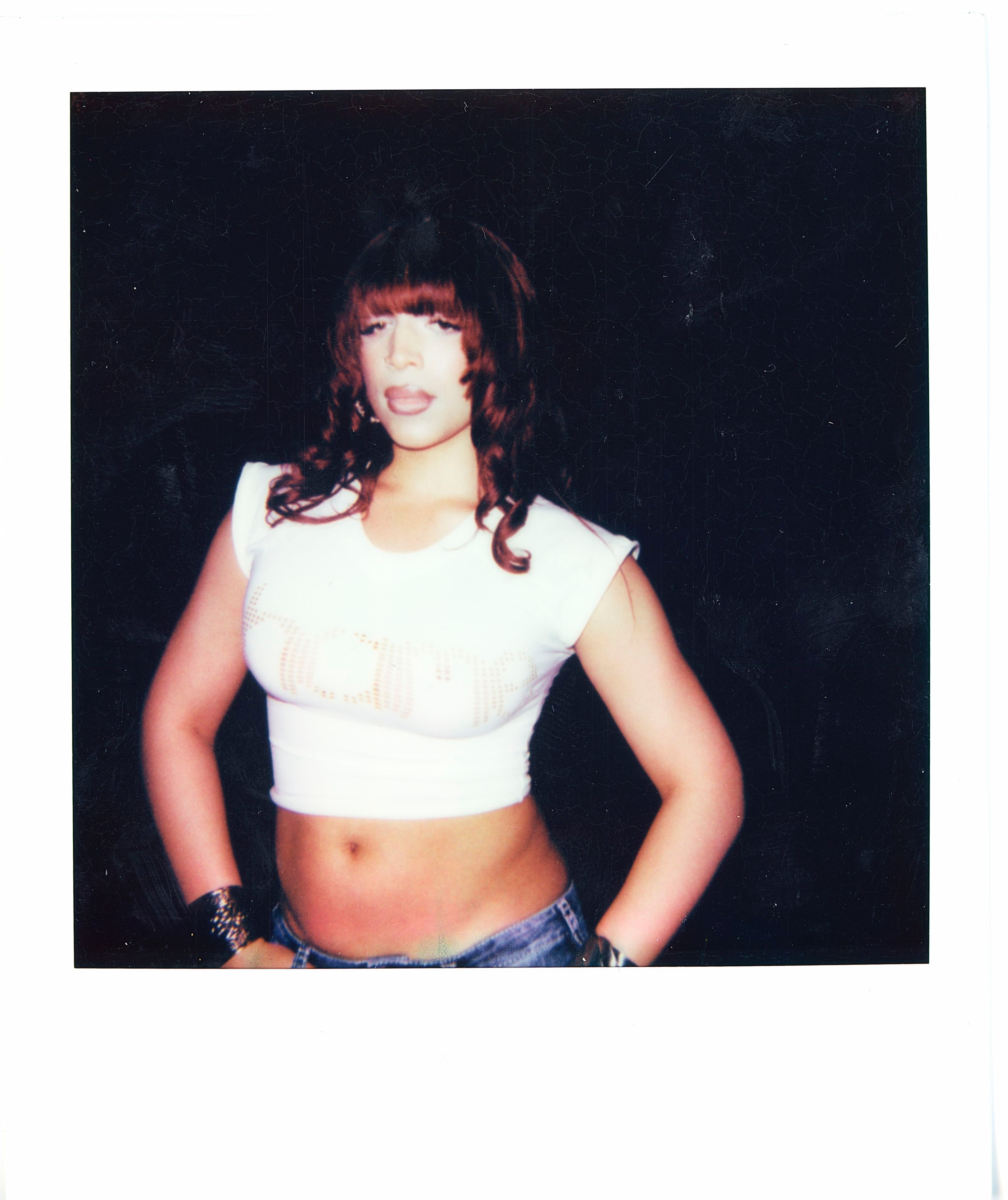
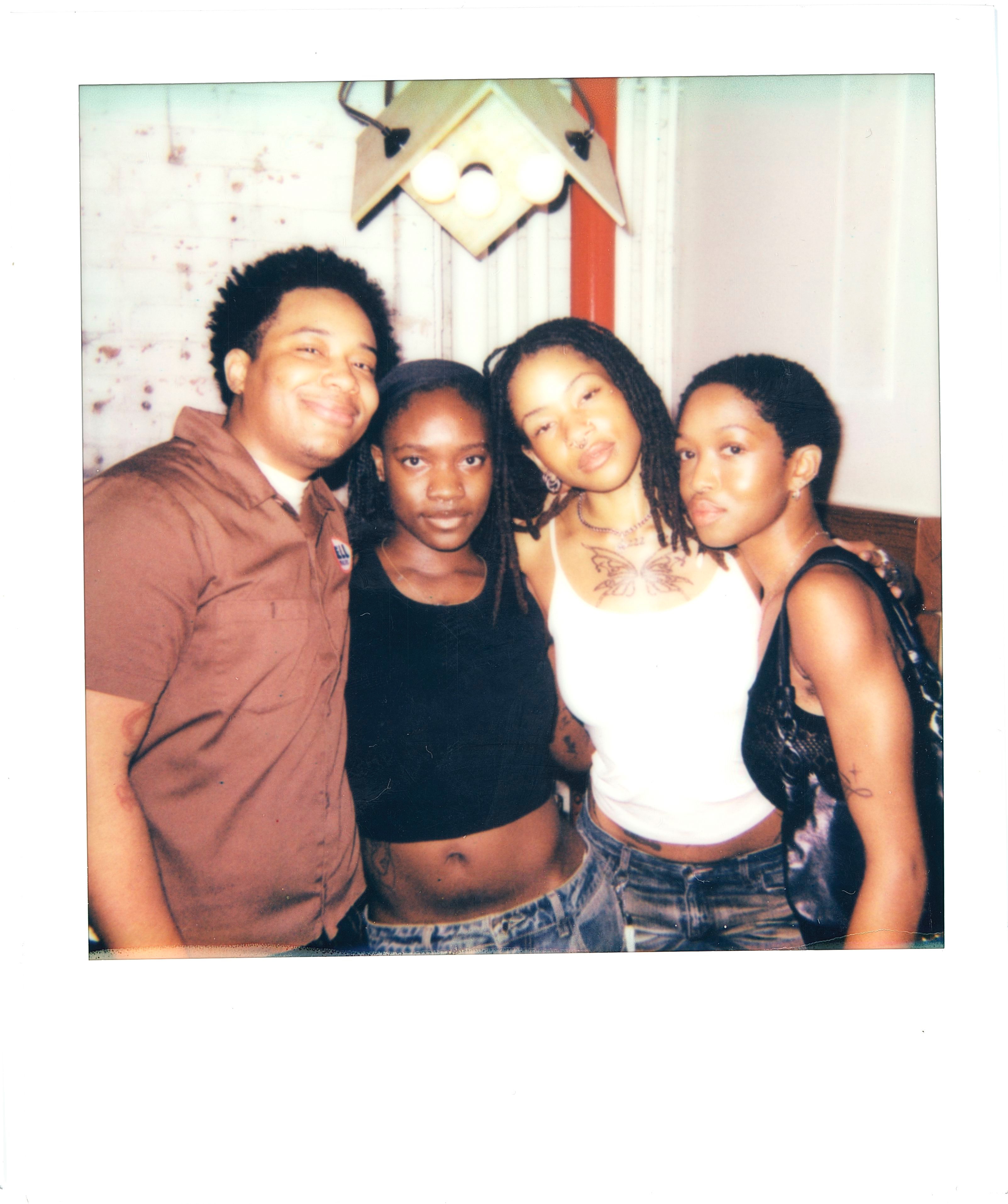
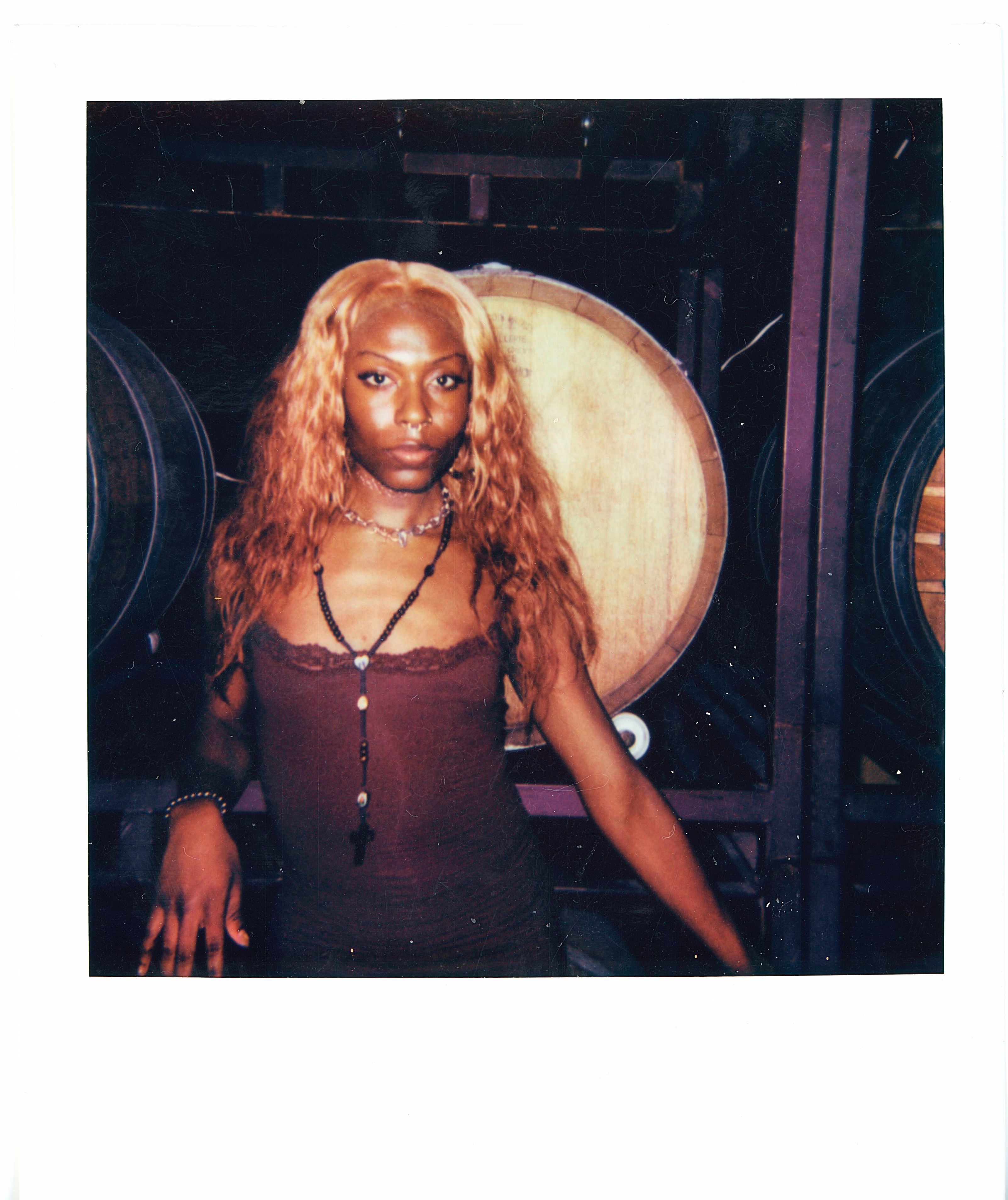
A lot of the girls seem obsessed with documentation: of these parties and dinners, of themselves, and of each other. It doesn’t feel at all frivolous in nature. Could you talk about the importance of documenting within the trans community, and the political urgency of doing so in our present moment under this particular administration?
RAMIE - Yes, the girls love being documented—and I absolutely love that they do. Being on the other side of the lens can be a nerve-wracking experience, but without fail, the girls own it every time. I love that. I love that they’re unafraid to be at the forefront of documentation (or anything, really).
Within these photographs—whether taken with a small digicam, a camcorder that uses cassette tape, or commonly a polaroid—documenting them is documenting confidence and resistance. The girls understand the significance of my work and the importance of archiving and preserving trans existence.
As for the administration, as if I didn’t think my work wasn’t of utmost importance earlier, now more than ever it is extremely detrimental, as we all know, the US even the UK is trying their best to discount being trans and is defining gender by “biological sex” which is frustrating because trans individuals did not come this far to be at square one.
Until this world stops the erasure of trans folks, my work will continue, even long after acceptance, because this is my chosen family, and they, like everyone else with privilege and autonomy, deserve the same.
SINN - A picture can withstand the test of time. To me and my family, a picture is an energy capsule; a moment we can remember how we felt. Holding a memory within the palm of our hand to say” well, what do you mean? I'm looking directly at souls that have existed beyond my life span.” In the midst of this whole administration battle against the visibility of anyone that isn’t a cis standard white body, the erasure of trans beings is very apparent. From textbooks to literal government websites, the idea of gender norms being placed on bodies where energy defies definitions of what it means to exist becomes a question mark. Past physical, How do you define energy? How does metrics and biological documentation classify between two beings when one’s soul is in constant transformation? Science cannot define one’s soul. I personally do not understand if your grass isn’t greener on your side, why piss on my lawn? My identity has nothing to do with you. My body is a constant protest and a simple Polaroid of me surrounded by my sisters as well as my tran-cestry is a firm stomp in on the ground of bigotry to say, “baby, we’re literally not going anywhere.” Try as you may, we’re gonna come back tenfold. With a society so obsessed with classification and labels, they can label me as a GRADE A TRANNY.
Oftentimes, nightlife is positioned as a space where queer people can find community and communion. The Angelito Collective throws parties, of course, but there are usually other elements involved, and other programs offered in addition to that: yoga classes, cooking, ear seeding and acupuncture, herbalism workshops. Why is it important to offer both?
DEMIYAH - Our work and relationships were initially centered in nightlife and informed our earliest memories of our Angelito family. I think as time went on the implications of the pandemic enforced a reassessment of what was truly important to us, and that became the moments we spent cooking meals, having sleepovers, creating art, living day to day and falling deeply in love with the life we were creating together. The beauty of our work is that it caters to so many dimensions of our life, we are never contained within a singular expression of our dreams and passions. At the heart of this work we are guided by our intuition to continuously innovate the ways in which we create abundance for ourselves and our community. We are always remaining open and curious about how to enrich life in third space making, and center points of connection where others feel at home with us.
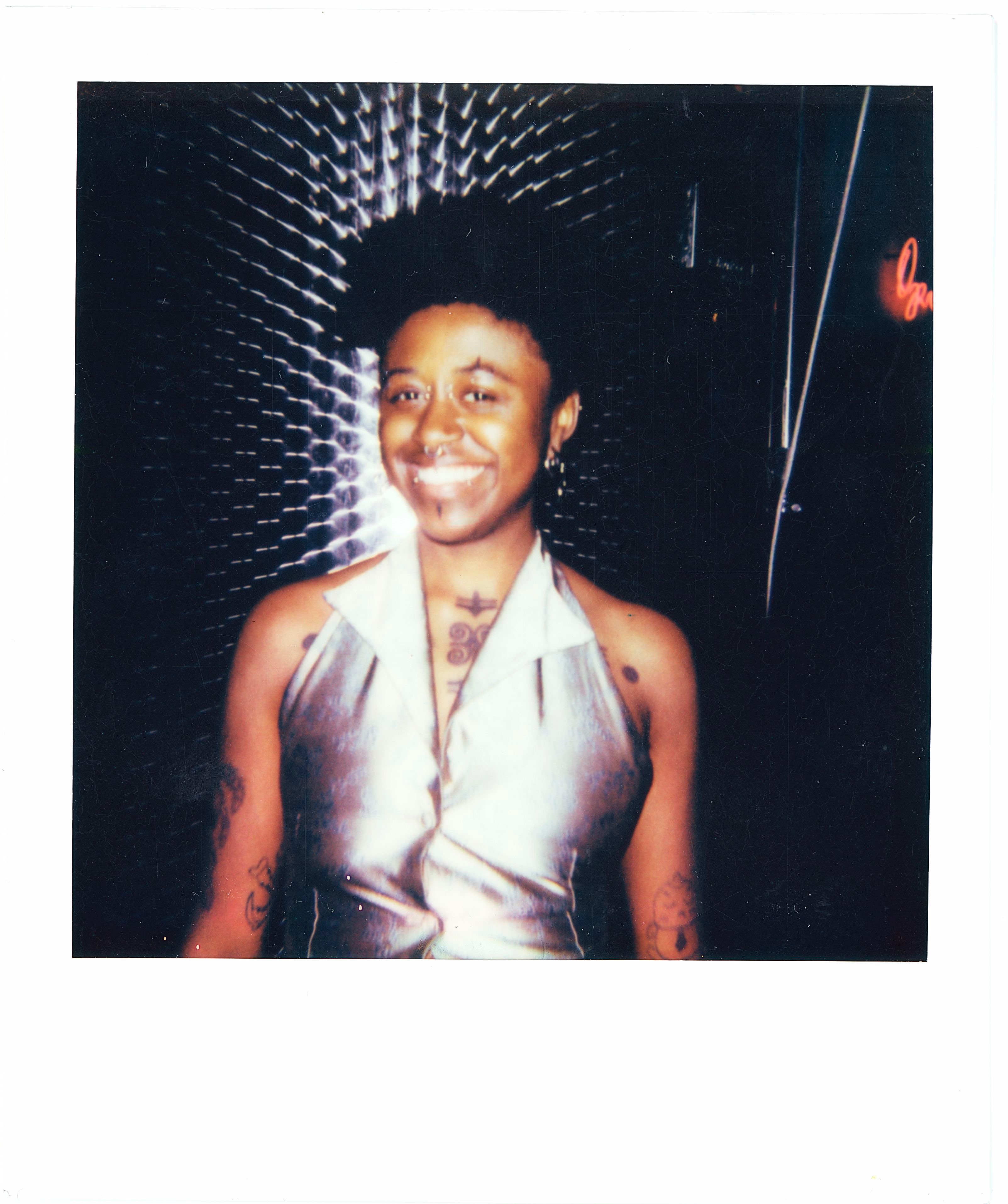
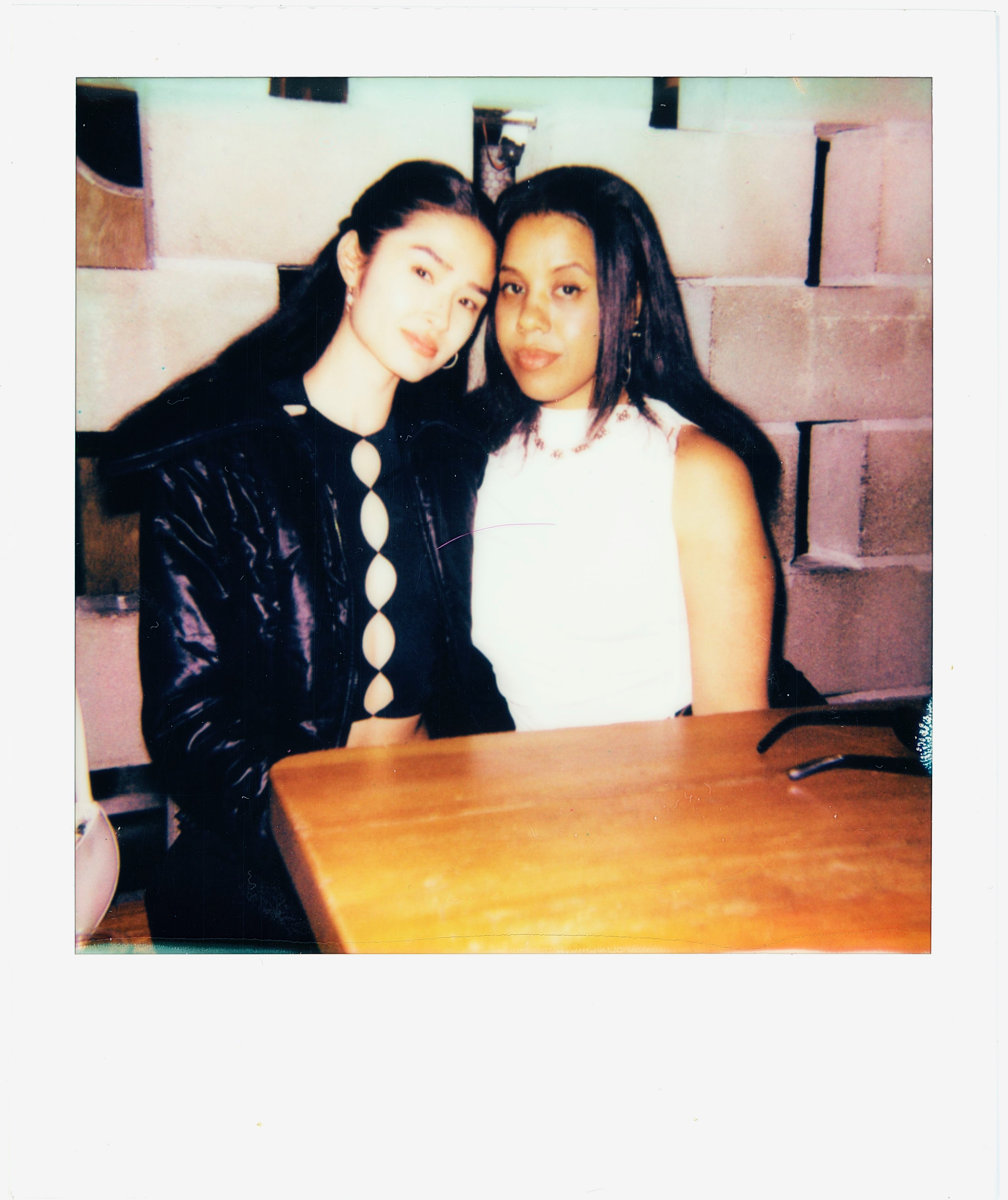
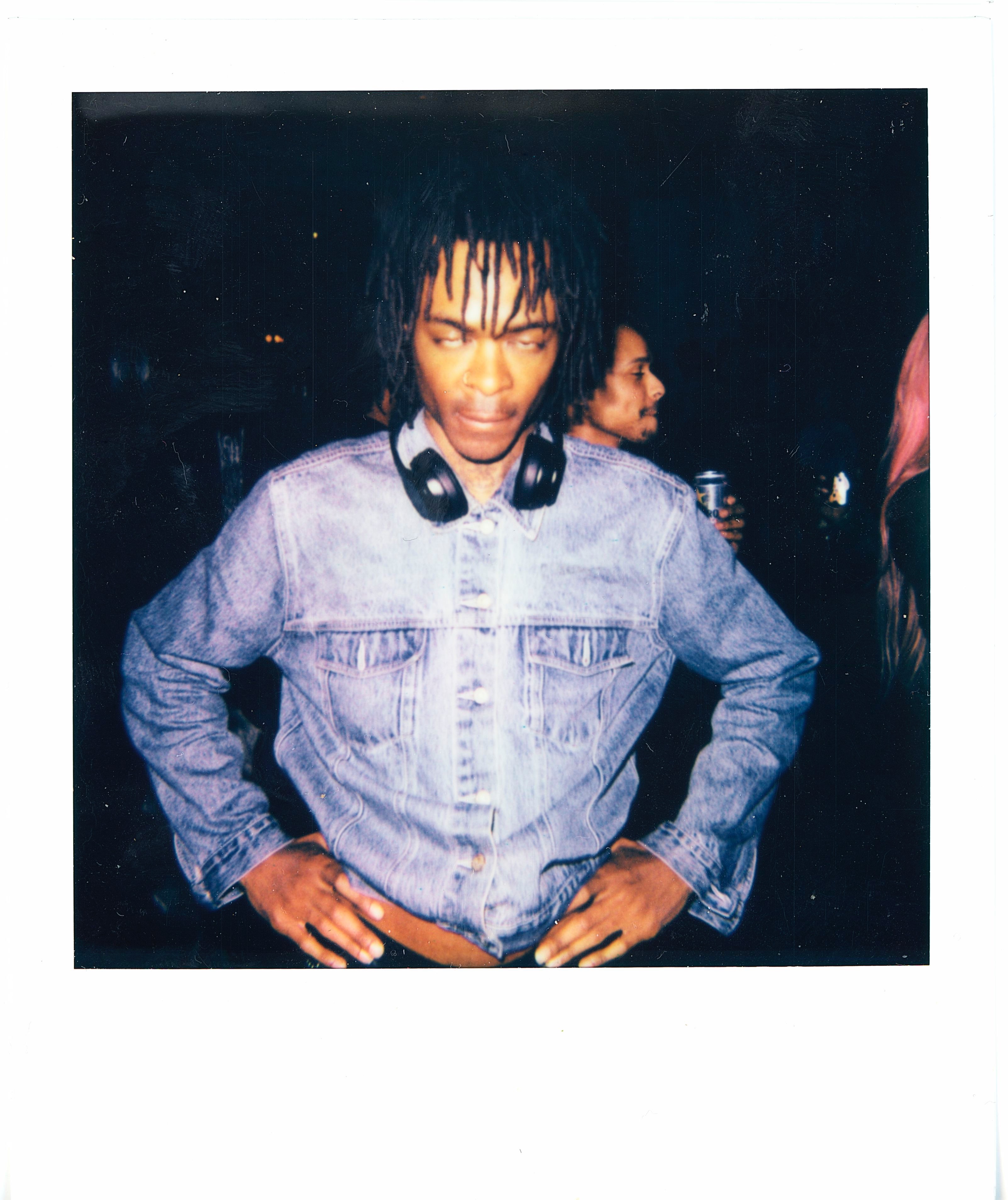
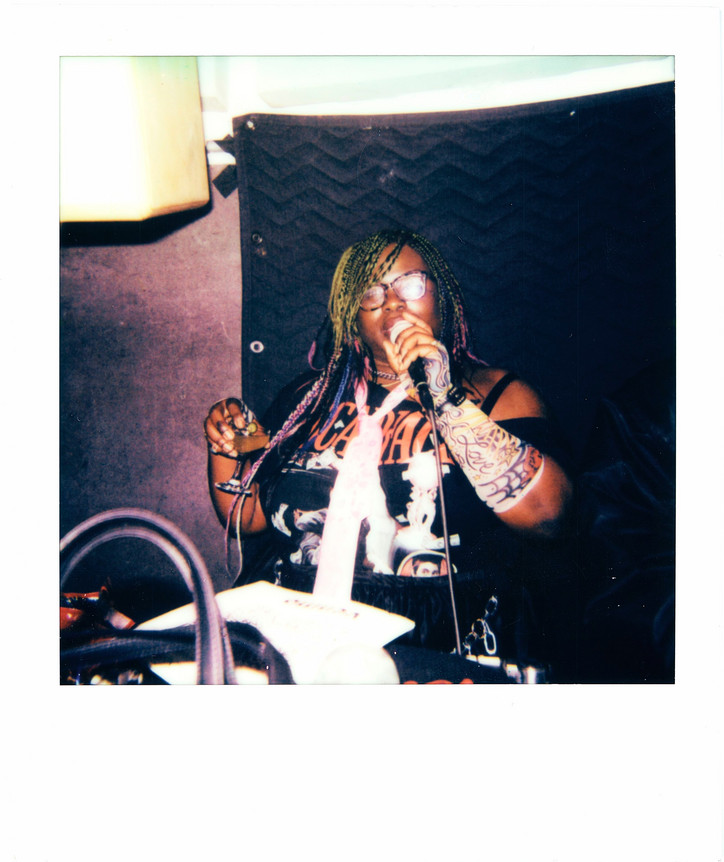
What can people expect from the cookout this summer? And how can they help?
GIA - This year, attendees can expect new types of activations and community engagements throughout the cookout. We’ve put more effort into planning this event than ever before, and it’s really important to us that the community has the chance to experience everything we’ve created. I’m especially excited about the many collaborations and activities we’ll be facilitating throughout the day. While the cookout has always been a free and open space for community connection, this year we’re guiding the day with intentional programming that speaks directly to the needs of our community.
We’re being thoughtful about how the day flows—offering meaningful engagement while still keeping the spirit joyful and celebratory. And of course, we’ll have plenty of entertainment to make this a fun-filled experience for everyone who attends.
Community is at the heart of the Celebration of Black Trans Women Cookout. It’s a moment where all hands come together to create a beautiful and affirming experience for Black trans women in our community. That’s why we’re calling on everyone—near and far—to support the cookout in meaningful ways.
We welcome support in the form of mutual aid: donating clothing, volunteering your time, contributing funds, or connecting us with people and organizations that can help us access additional resources. The cookout is a large-scale event that has served thousands of community members, and we fund it almost entirely through community giving. This year, we’ve launched a GoFundMe campaign to help cover the costs of the event, and we need your help not only in donating but in spreading the word. Sharing the fundraiser widely ensures it reaches the right hands—those who are in a position to give generously and sustain this vital work.
One of the key goals this year is to build lasting sustainability—not just for the cookout itself, but also for the Angelito Collective, so they can continue their powerful work beyond this event. My hope is that our community shows up with the same love and commitment that the cookout embodies, and that together, we ensure this celebration thrives for years to come.
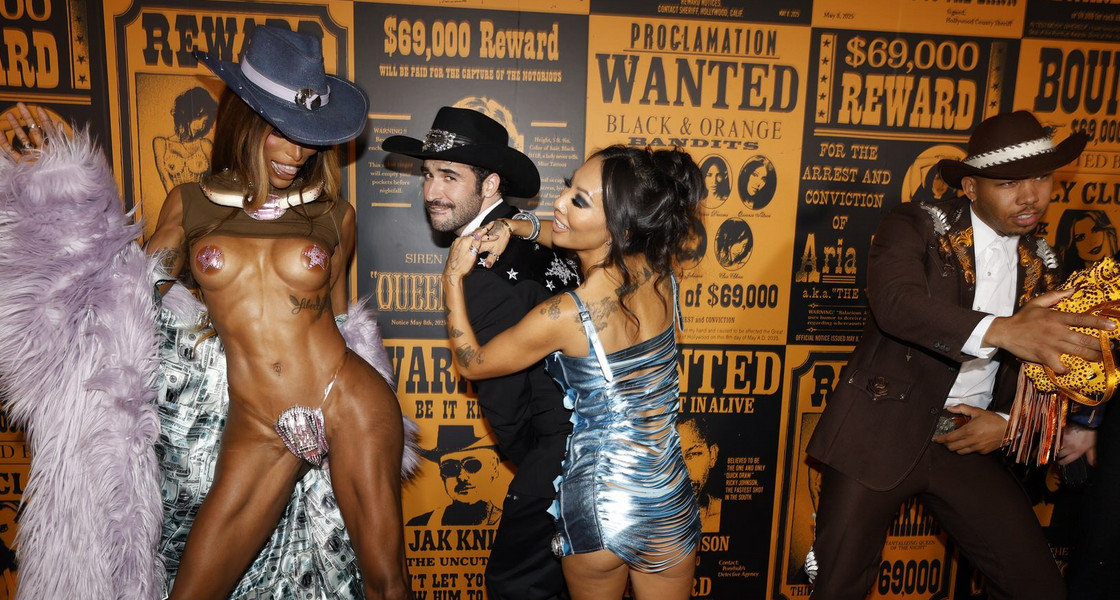
Since their splashy 2018 debut hosted by Kanye West and Asa Akira, with Lil Pump performing under Spike Jonze’s oversight, the Pornhub Awards have charted a careful course toward blending mainstream appeal with adult-industry visibility. Unlike traditional awards shows, these awards are entirely data-driven, with nominees and winners determined through algorithms tracking video views, search queries, and other metrics. Past editions flirted with the mainstream—John Waters once handed out a trophy. Last year it was Julia Fox. This time, Jordan Firstman hosted, hyper-social energy making scripted segments feel superfluous. This recalibration likely traces back to PR giant Kelly Cutrone, who smuggles provocation into mainstream polish, quietly refining the awards into something sharper, sleeker—edgy enough for mainstream consumption.
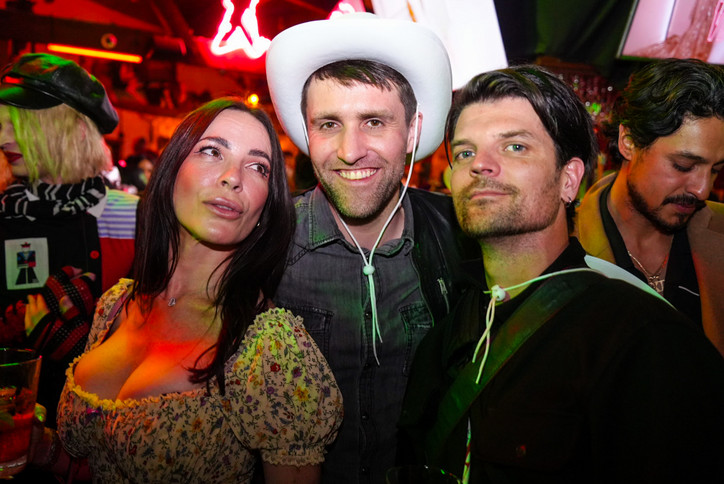
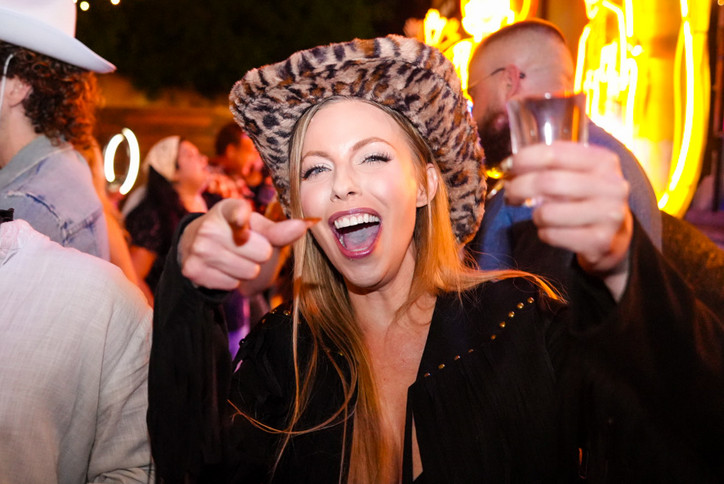
Left: Dana DeArmond, Mike Crumplar, and Andrew Green shot by Nick Dove. Right: Britney Amber captured by Nick Dove
Later that night, I lifted him bridal-style as he jokingly sucked his thumb—a gesture unhinged in any other context, yet perfectly natural here.
Our plans for rapid-fire interviews off the red carpet dissolved into a fascinating, unexpectedly swift half-hour with Dana DeArmond—industry Hall-of-Famer since the Myspace era and dressed like a cottage-core Wojak—who delightedly discussed the joys of living alone, decentering men (except sigma males), domestic ergonomics, and the necessity of MILF content, noting it remains Pornhub’s most-viewed genre. Britney Amber, angling for this year’s MILF title, grinned: she’d jump into a scene with reigning champ Dana DeArmond right here, no call sheet required. After our conversation, Dana joked that we should start SigmaSingles.com.
Nearby, Riley Reid stood at the step-and-repeat, where her friends teased about retirement since becoming a mother. Reid corrected them gently, affirming her continued industry presence. A camera flash briefly recalibrated her stance, channeling Marilyn Monroe smiling coyly—as if caught over a subway vent—though in Reid’s case, it was lingerie and swinging tassels, not a skirt, that caught the air.
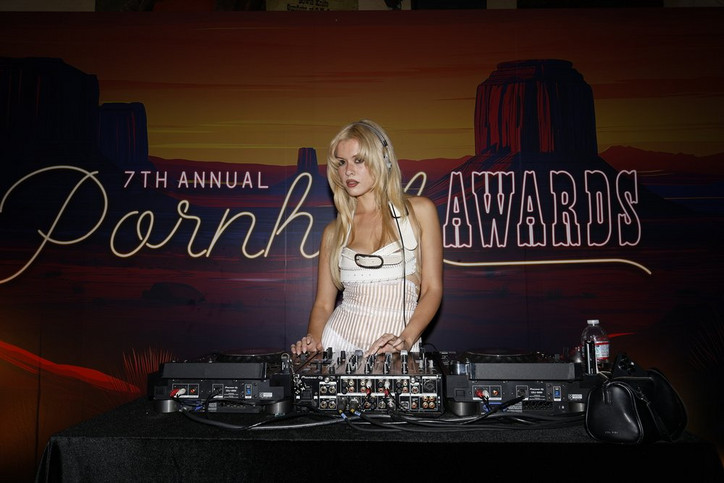
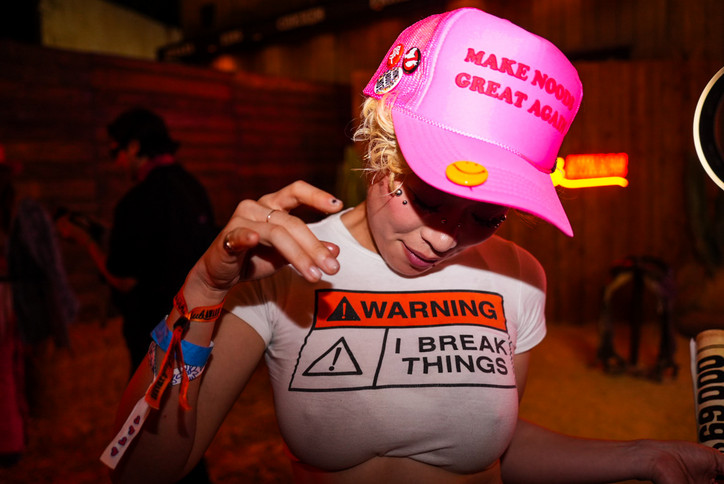
Left: Avalon Lurks shot by Mark Hunter. Right: Pornhub Awards attendee shot by Nick Dove.
Inside, the mechanical bull—famous enough to collect royalties—thrashed under disco lights like a porn parody of a music video. Avalon Lurks DJ’d a set played Gen Z electroclash, while others spun Y2K chart toppers and Auto-Tuned country, stitched together with drunkenly in time square-dance drops. The vibe hovered between seizure and slow burn. Influencers drifted in loops, filming each other filming each other, caught in the algorithmic trance of pretending not to try.
Fashion toggled between surreal and calculatedly novel: thigh-high vinyl boots over distressed denim, assless chaps, bolo ties paired with latex harnesses, and earnest clusters of cow-cosplaying influencers wrangled into steady streams of digital content—like livestock on the content farm. Jenna Fox’s deep brown faux-leather lace-up vest was engaged in a valiant, losing battle against her freshly upgraded chest—surgical gauze still peeking out like a price tag on her body's progress.
Nearby, a giant banana—actually a man in costume—solemnly insisted he performed exclusively private porn.
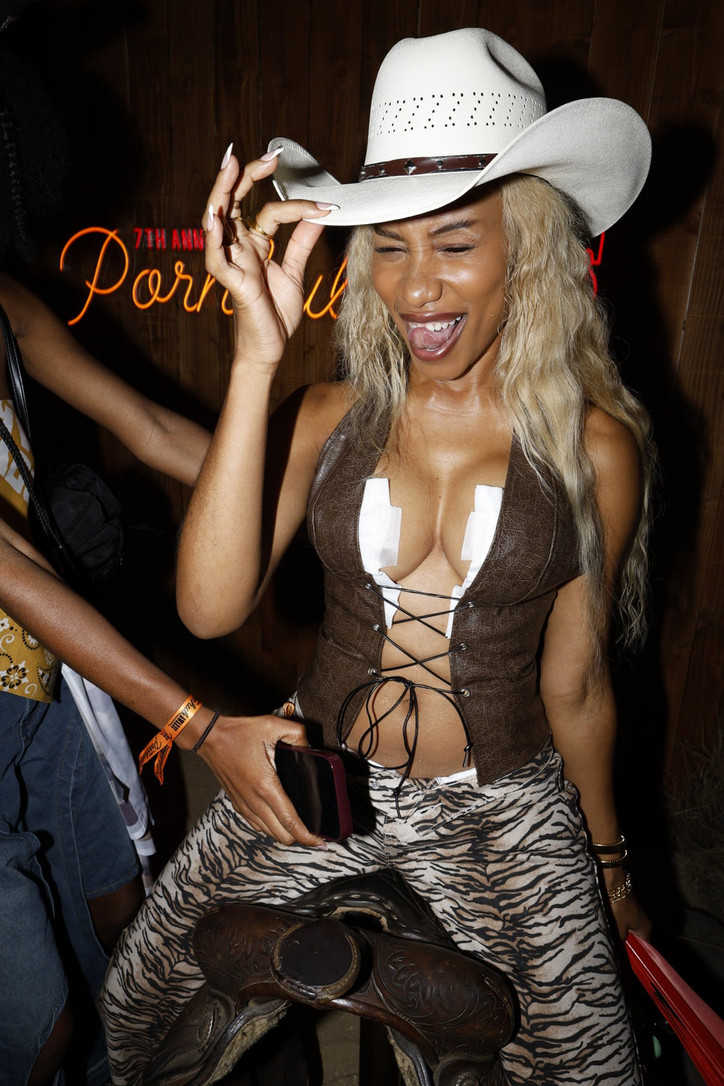
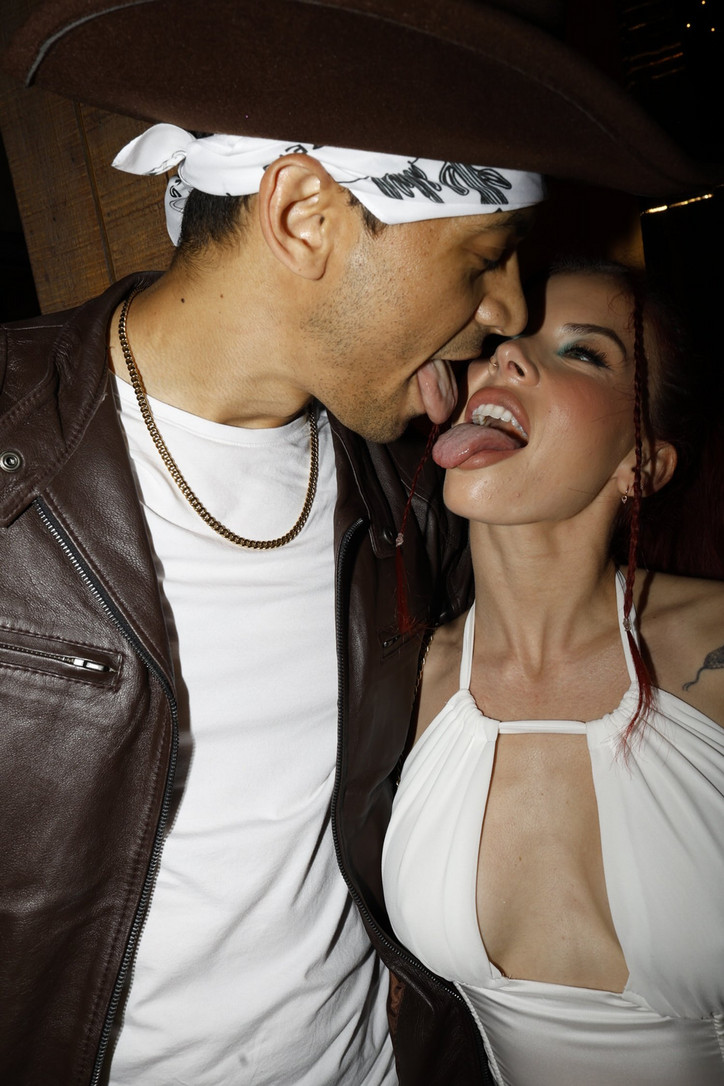
Left: Jenna Fox Shot by Mark Hunter. Right: Pornhub Awards attendee shot by Mark Hunter
Trophy politics surfaced early. Girthmasterr, co-winner of 2025’s “Best Dick”, posed by the saloon‑style “WANTED” wall, gripping a matte‑black trophy resembling molecular diagrams merged with luxury coat hooks, before sharing, “Best (eggplant emoji) on the internet, as voted by y’all!” His caption carried the easy populism of a Reddit democracy. Austin Spears—four‑time award‑winning transmasc performer—appeared nearby dressed as a rodeo clown, a self-aware commentary on the night’s Wild-West theme.
Categories joyfully courted irony: "Nicest Tits" went to Angela White (also crowned "Most Popular Female Performer"); "Top C*mshot Performer" to Gattouz0, an accolade measured in sheer volume. Another jokingly proposed future category, "Most Rewatched Incognito-Mode Video," drew knowing laughter—acknowledging the hidden viewing rituals of the audience.
The conversations, while dressed up as casual, moved with a practiced, almost clinical cadence—like rehearsed scenes from a group improv class themed around desire. Questions floated between people like vape pens: “Are you better in group settings?” “Would you ever film, or just flirt with the idea?” I was asked if I’d considered joining the industry, though it felt less like a come-on and more like a survey. Everything was offered softly, like a second round of drinks someone else was ordering. The vibe was part confessional, part casting call, everyone hitting their marks just in case anyone important was listening. When the spotlight turned toward me, I deflected with a joke about needing two-factor authentication just to access my turn-ons. It landed. Dry. Defensive.
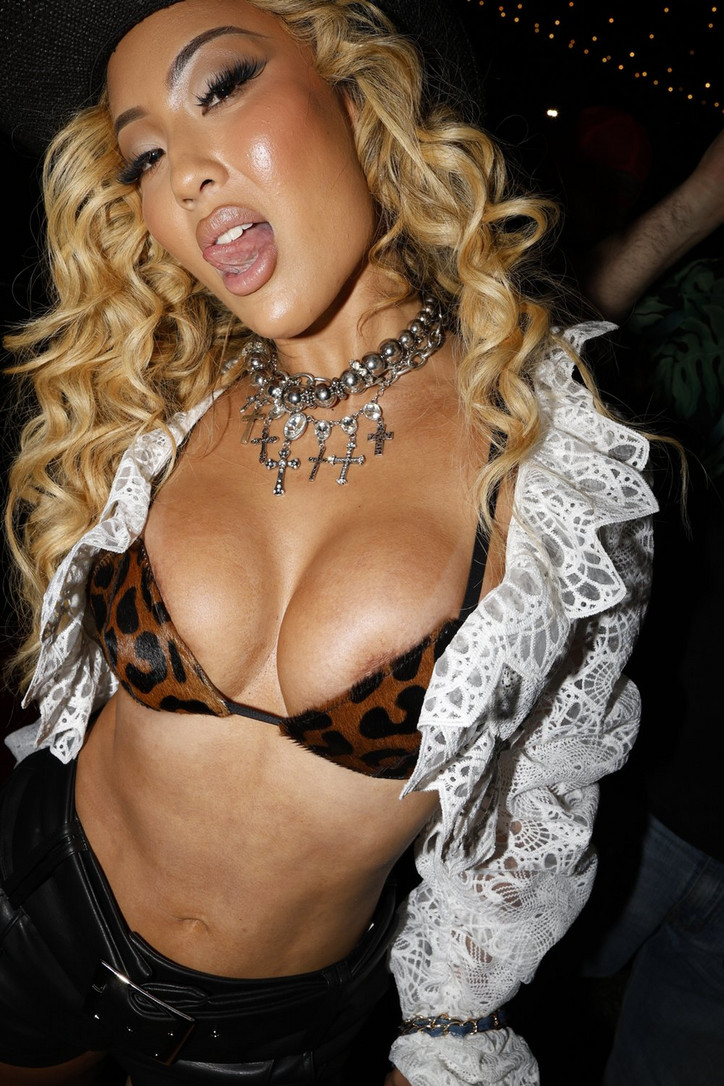
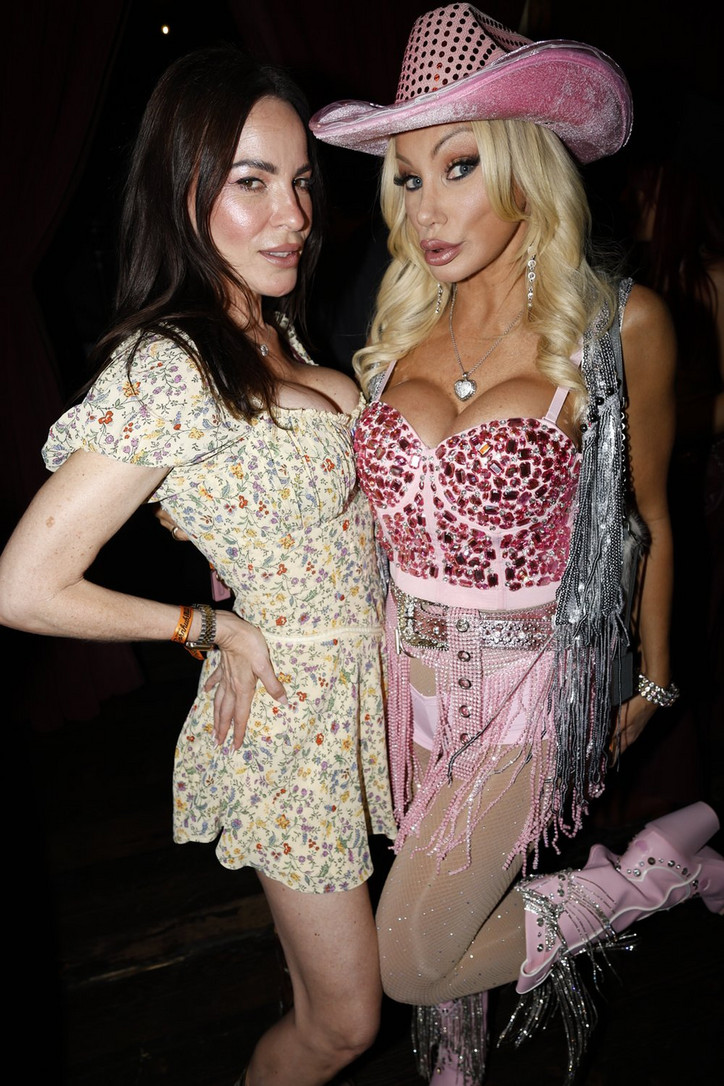
Left: Kazumi shot by Mark Hunter. Right: Pornhub Awards attendee shot by Mark Hunter.
They filtered in like supporting characters from a different genre—recognizable, not essential. Diplo hovered near the booth. Kim Petras posed, vanished. Brooke Candy looked mid-set, stage or not. Maren Altman talked astrology to someone holding a ring light. Cobrasnake wore a Pornhub Japan tee, scanning faces like a casting agent. Alex Kazemi watched blankly, like he’d already drafted this scene for his upcoming film adaptation of his novel. Scenreporter Mike Crumplar (aka Crumps) floated between groups, beer in hand, laughing with mutuals. No one here needed to be the main character. That was the point. Everyone—whether pornstar or scene-adjacent—acted like the credits had already rolled. At Pornhub’s Big Night, no one pretended to be cool. That would’ve been embarrassing.
And yet, there were real stars. Kazumi wore a leopard-print, fur-textured bikini top edged with Victorian lace, slipping just enough to seem unintentional, paired with high-shine black shorts and a crucifix-heavy choker that looked like it weighed more than her. Taylor Lorenz whispered she was the original influencer–porn hybrid, a sentence that felt both complimentary and vaguely archival. Off-camera, she’s Céline Tran—novelist, martial artist, occasional academic. But none of that mattered in the moment. What did was how easily she diffused attention, turned it ambient. She didn’t perform magnetism. She just had it. Jordan Firstman’s theory that pornstars are the nicest celebrities didn’t need defending—it was already obvious. She thanked everyone. She made jokes. She seemed, somehow, like the only one not angling to be seen.
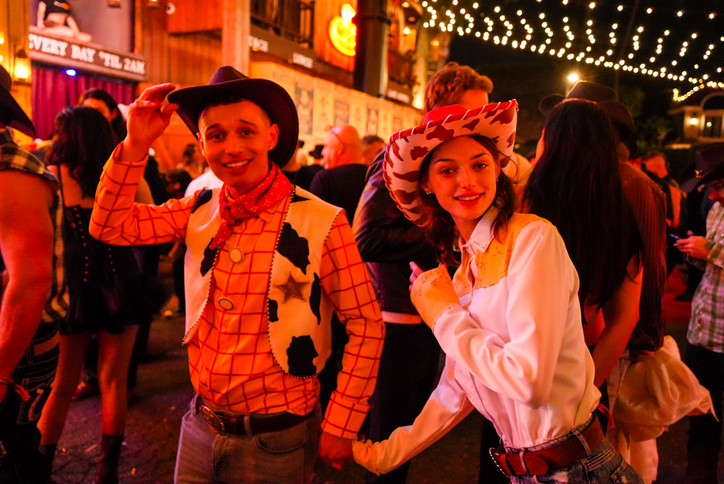
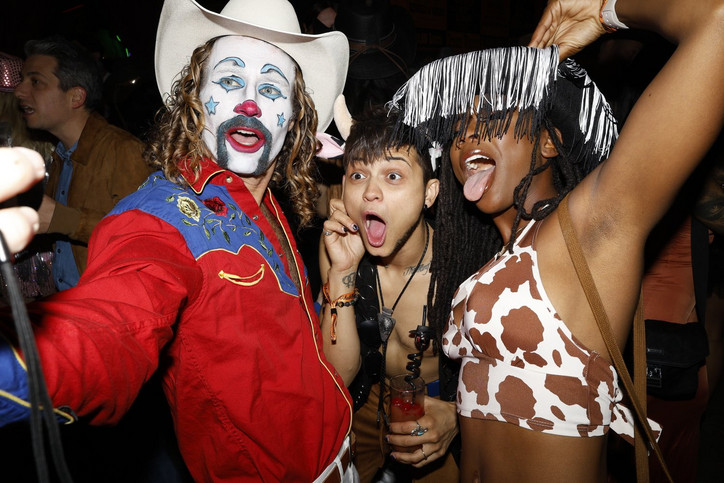
Left: Johnny Love and ShroomsQ captured by Nick Dove. Right: Pornhub Awards attendees shot by Nick Dove.
Johnny Love and ShroomsQ cheerfully described the intricacies of dating each other within the industry, joking about their commitment to filming exclusively together and openly sharing their relationship. Each conversation with them revealed deeper complexities, illuminating my own naïveté about intimacy within their profession. Asa Akira, inaugural host turned unofficial mayor of Pornhub, politely sidestepped my final interview request right before last call as the evening slowed.
Dana DeArmond didn’t win any awards this year, but she became our favorite MILF of the night, enthusiastically joining us up for the after-party caravan. Outside, the parking lot exhaled vape clouds into the night sky, and Ubers flashed hazard lights, beckoning western-themed lingerie-clad attendees into the night—a surreal yet predictable finale. The awards portion had concluded quickly, confirming the event’s deeper mission: ensuring every influencer left armed with enough content to keep their feeds fat and docile through the end of the month.